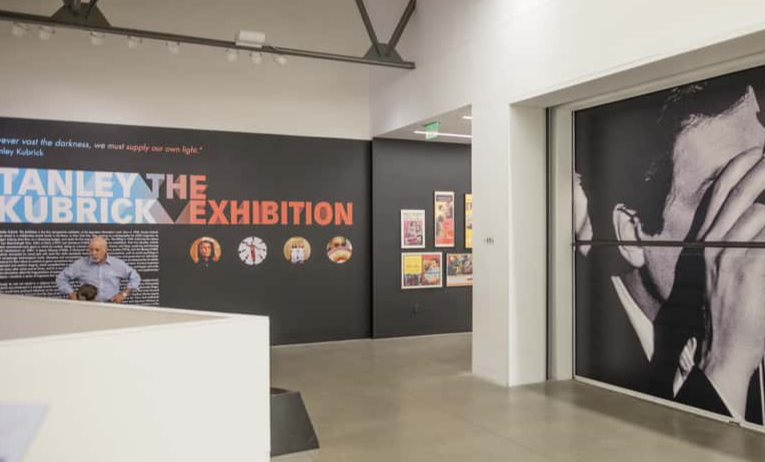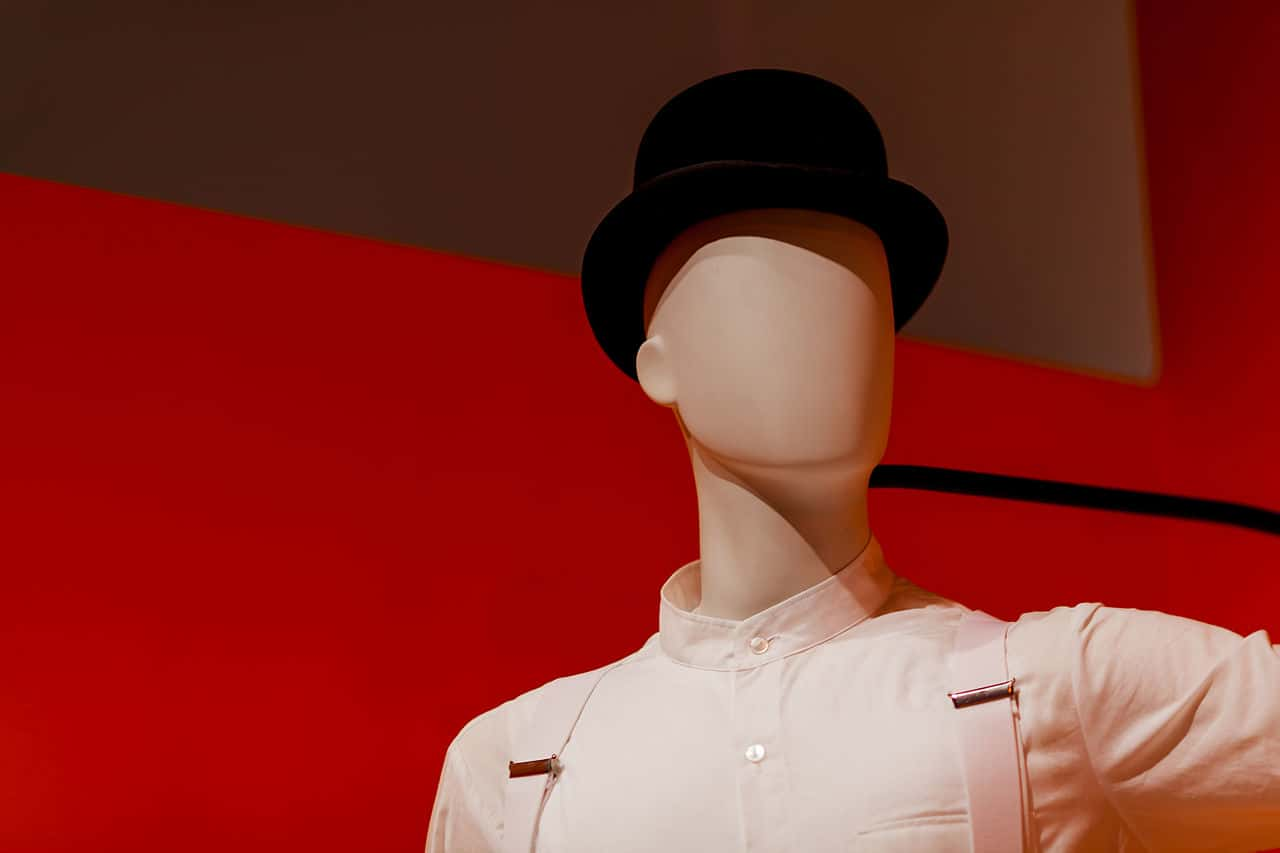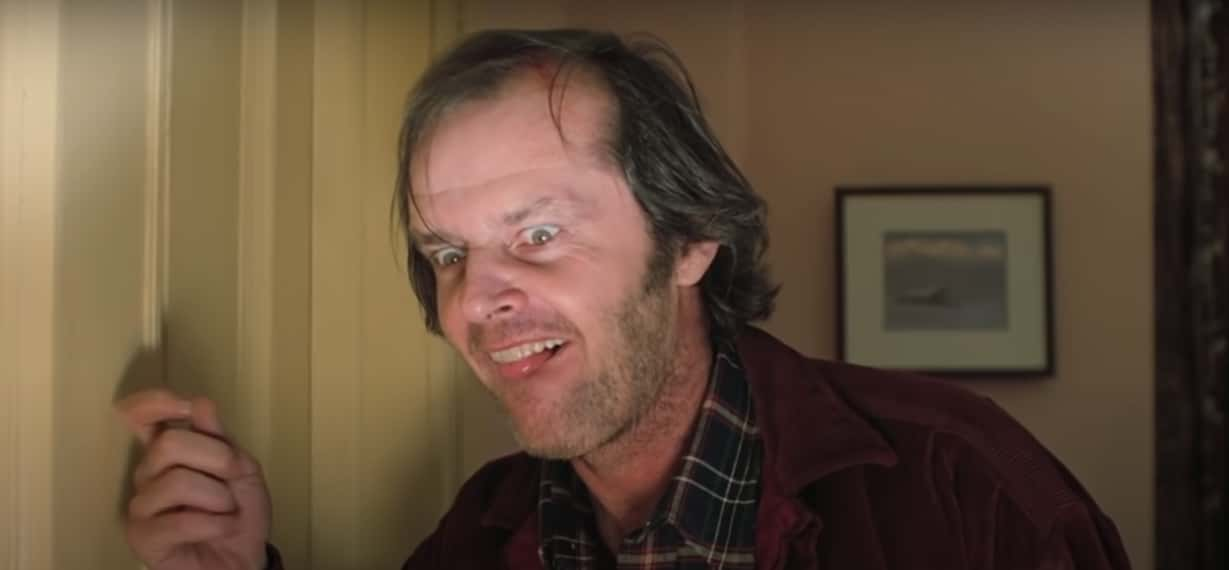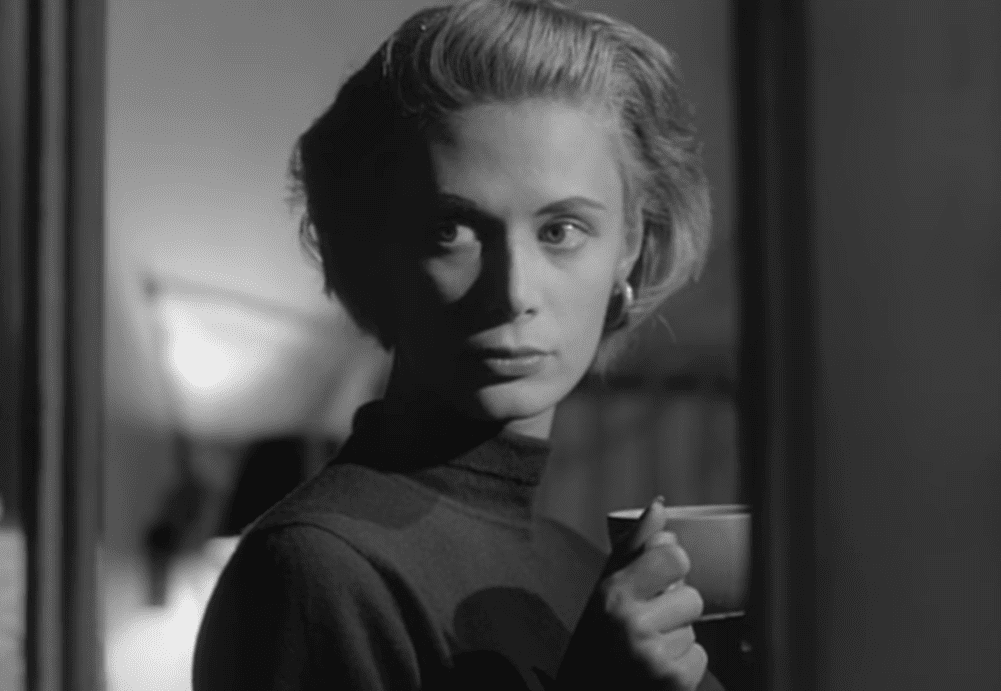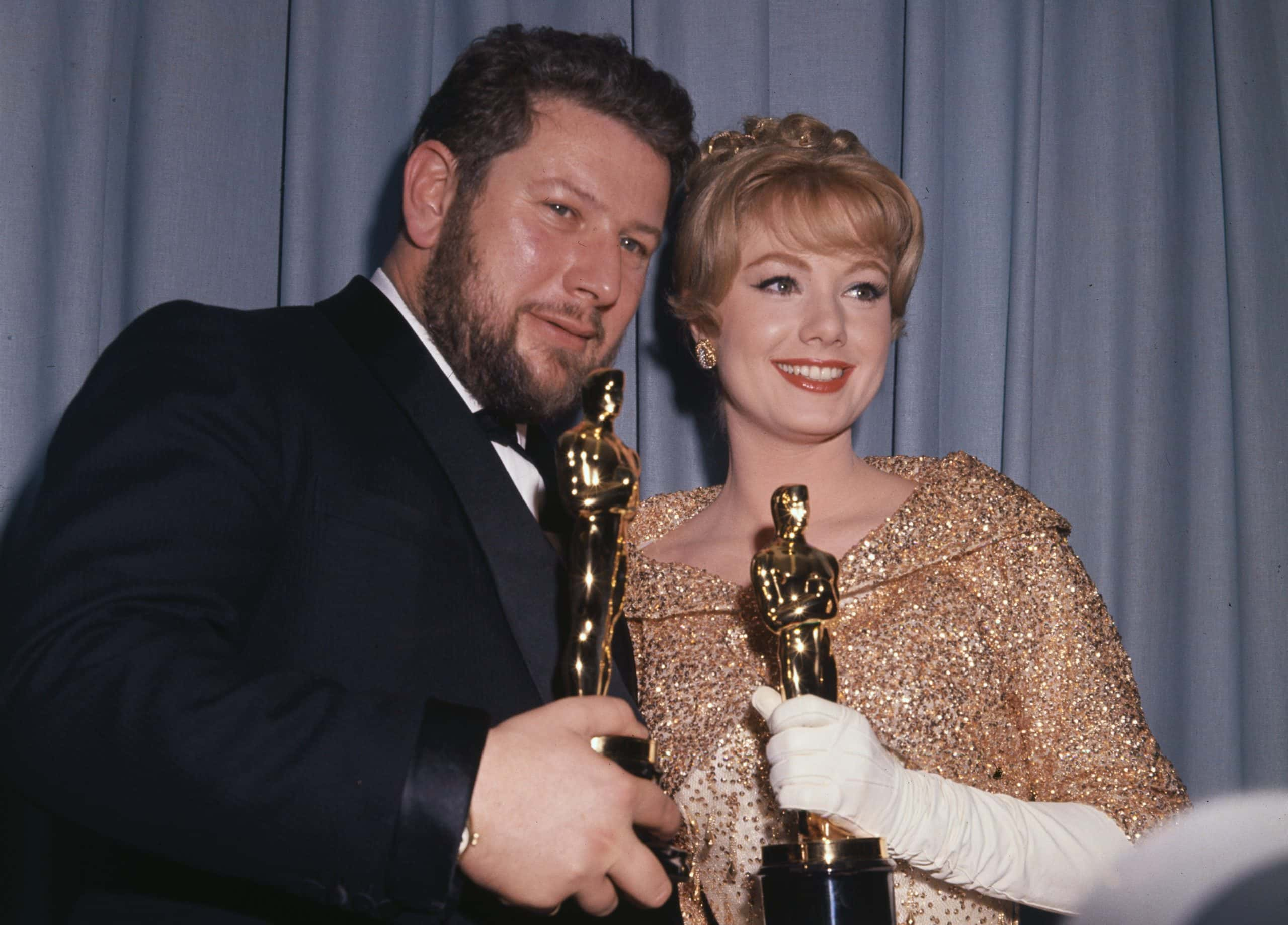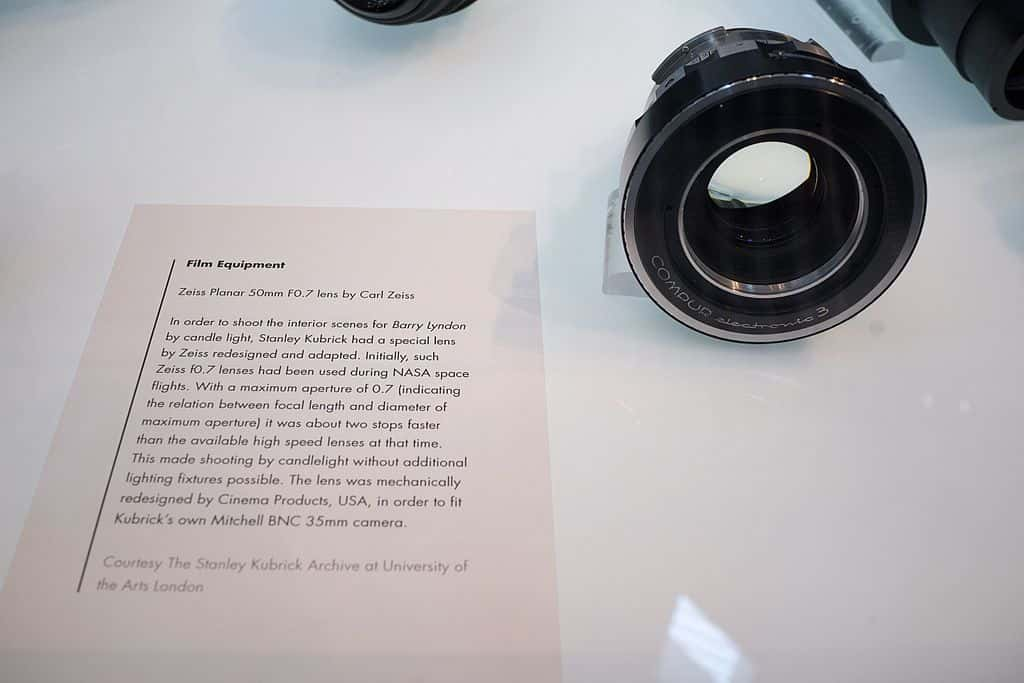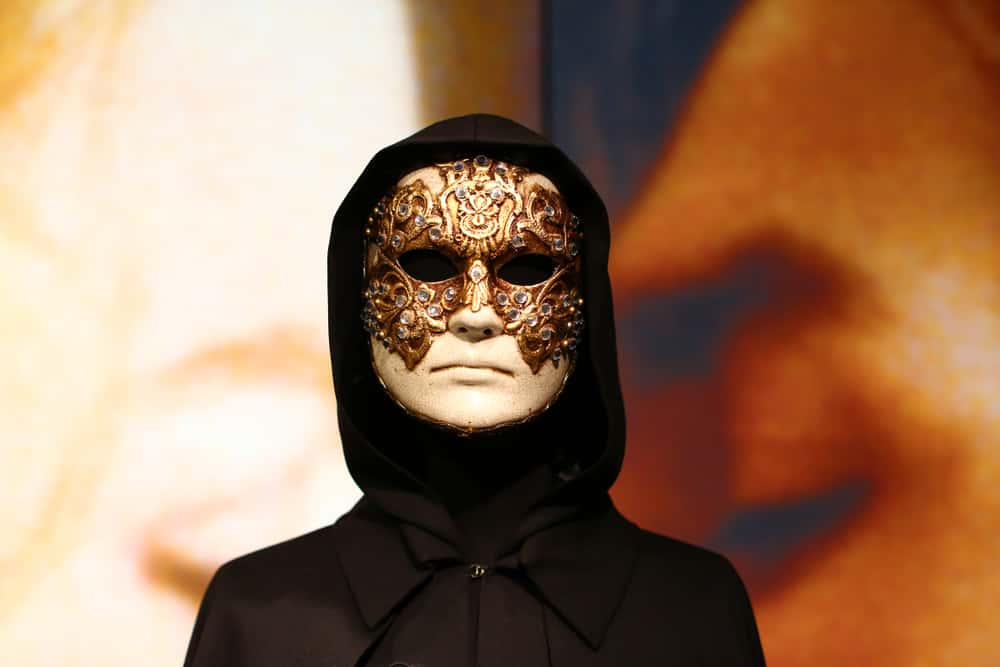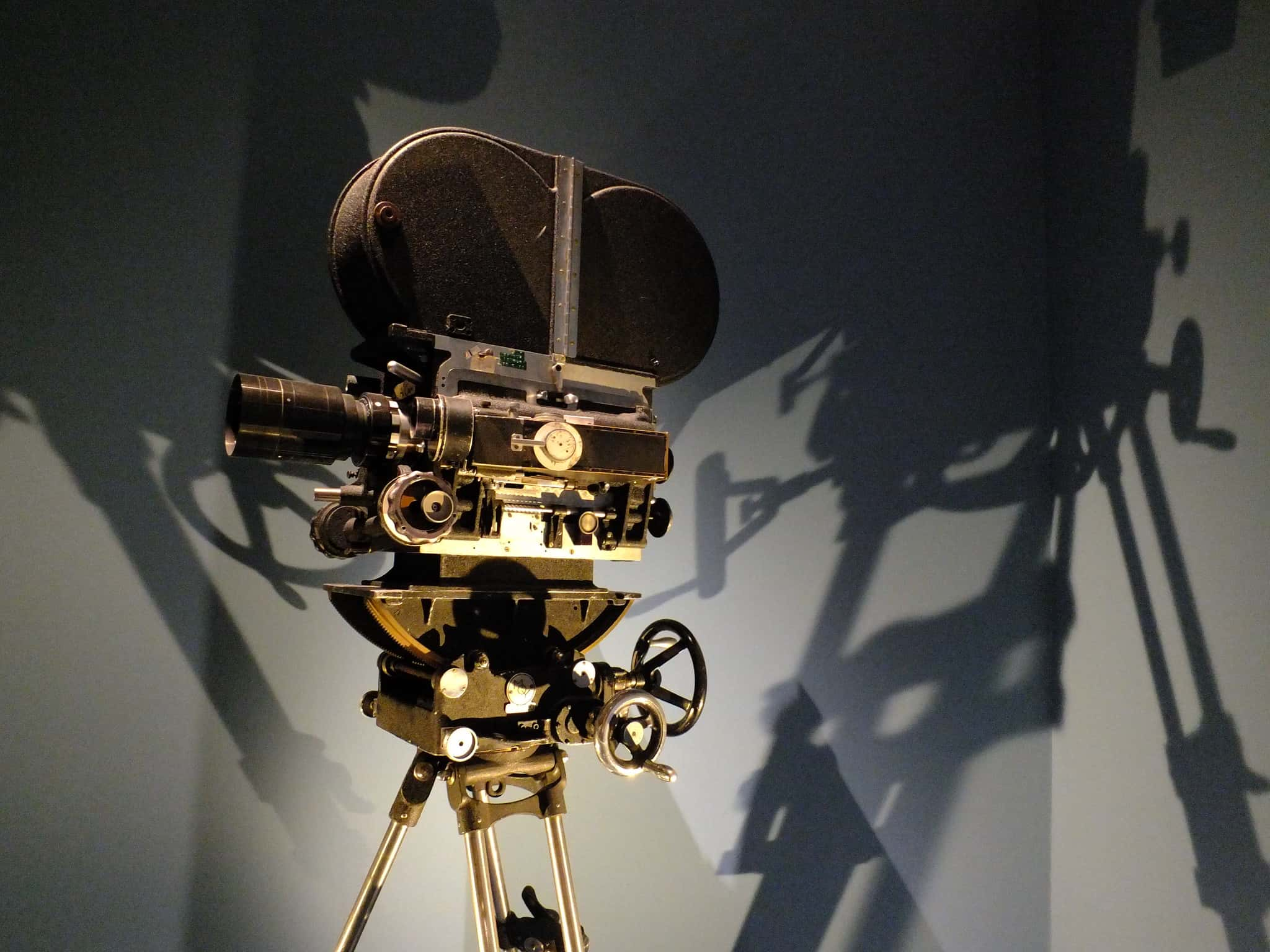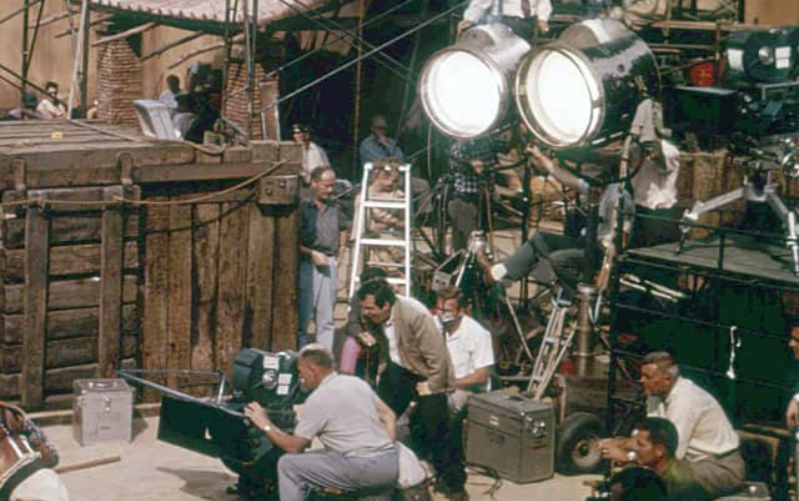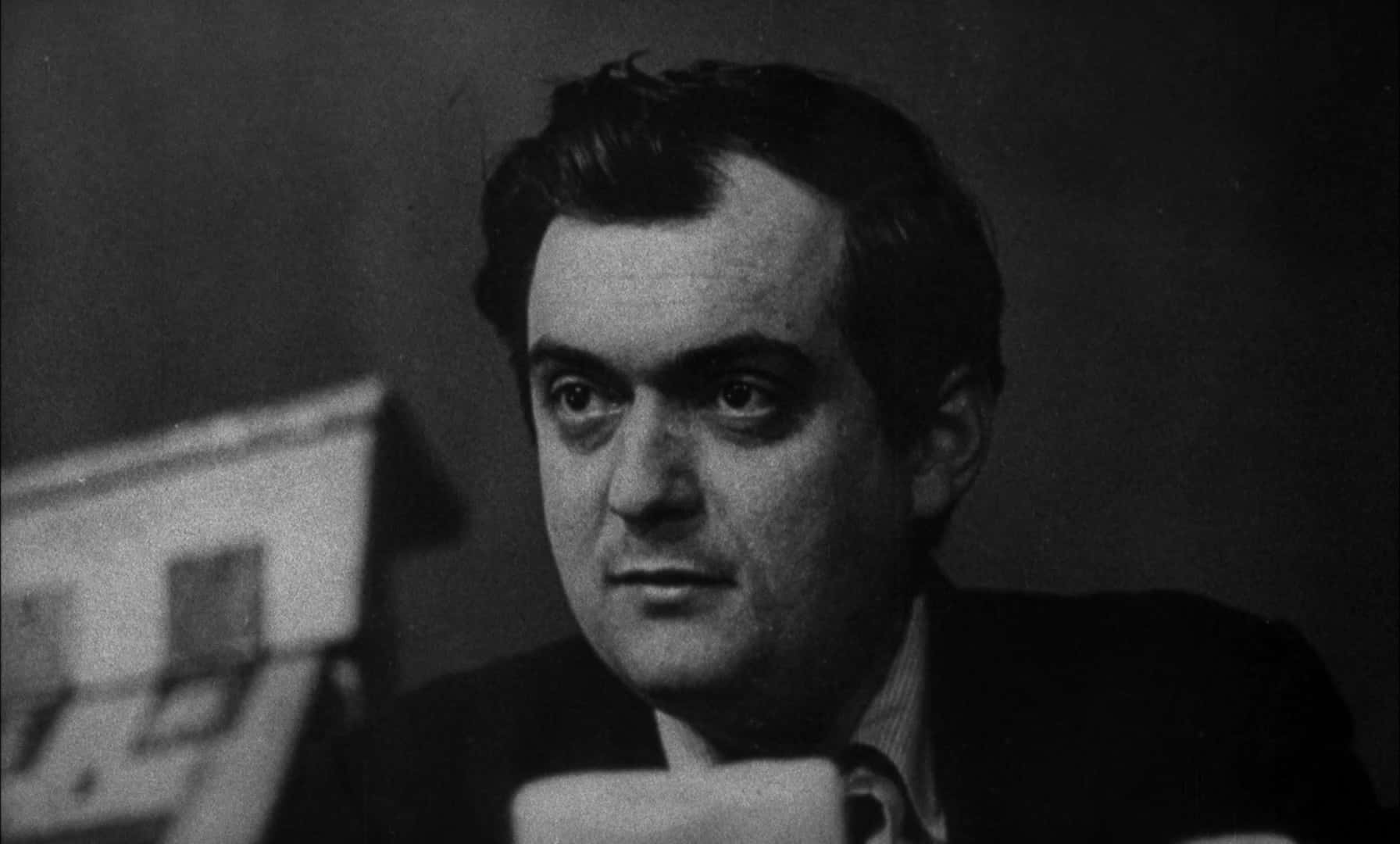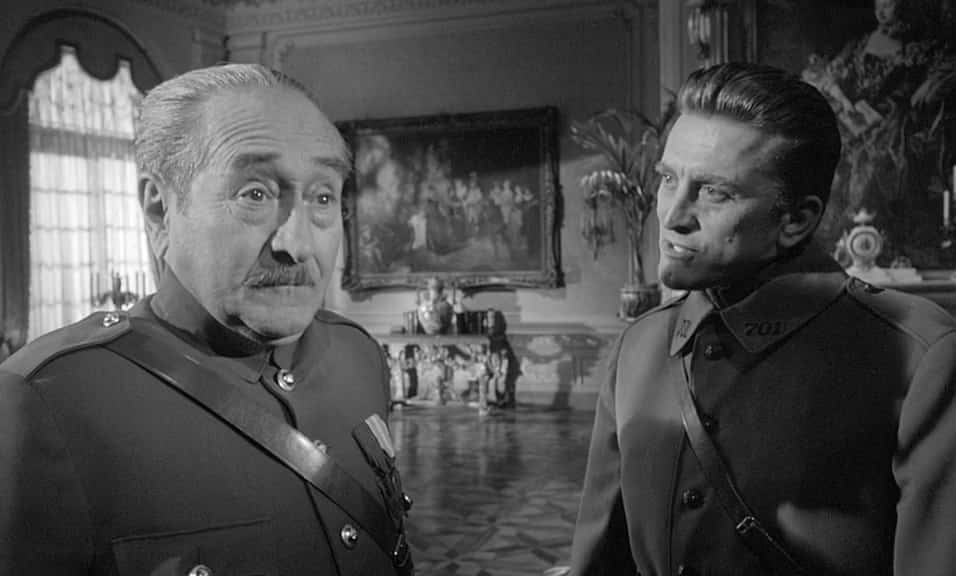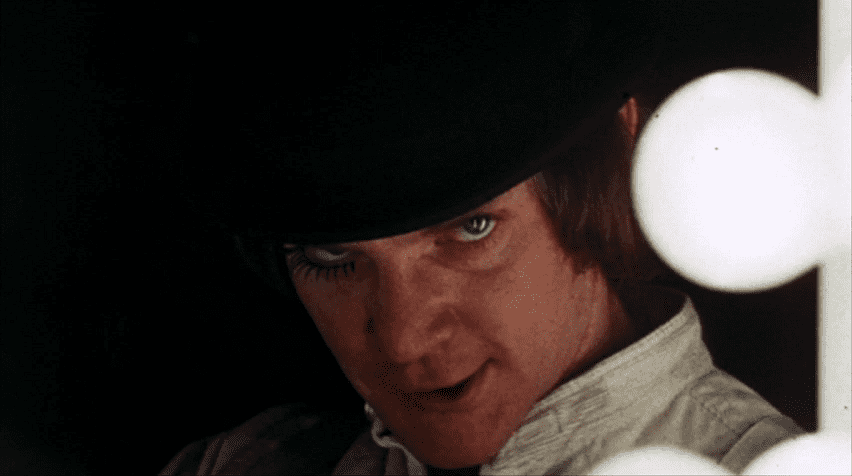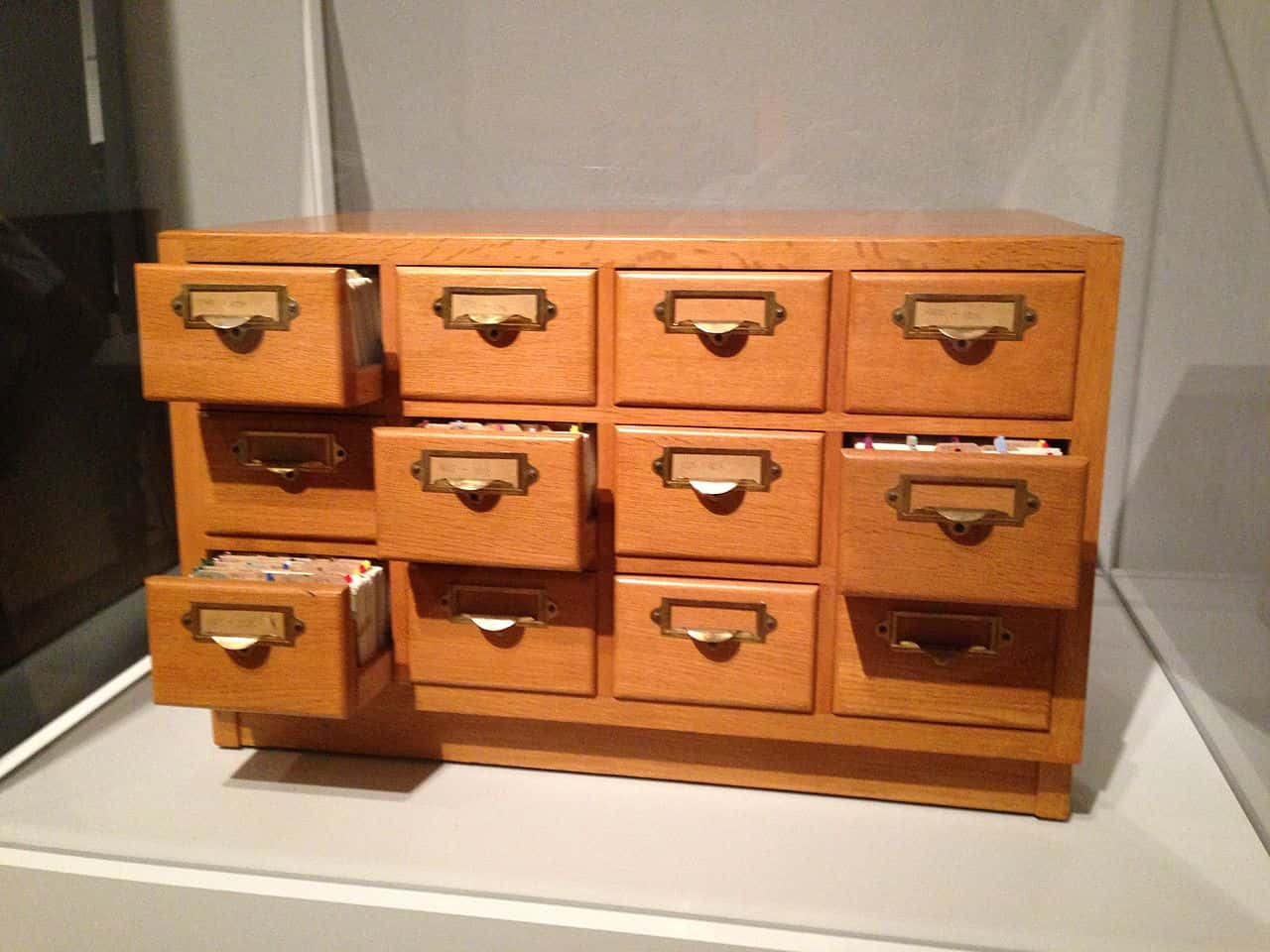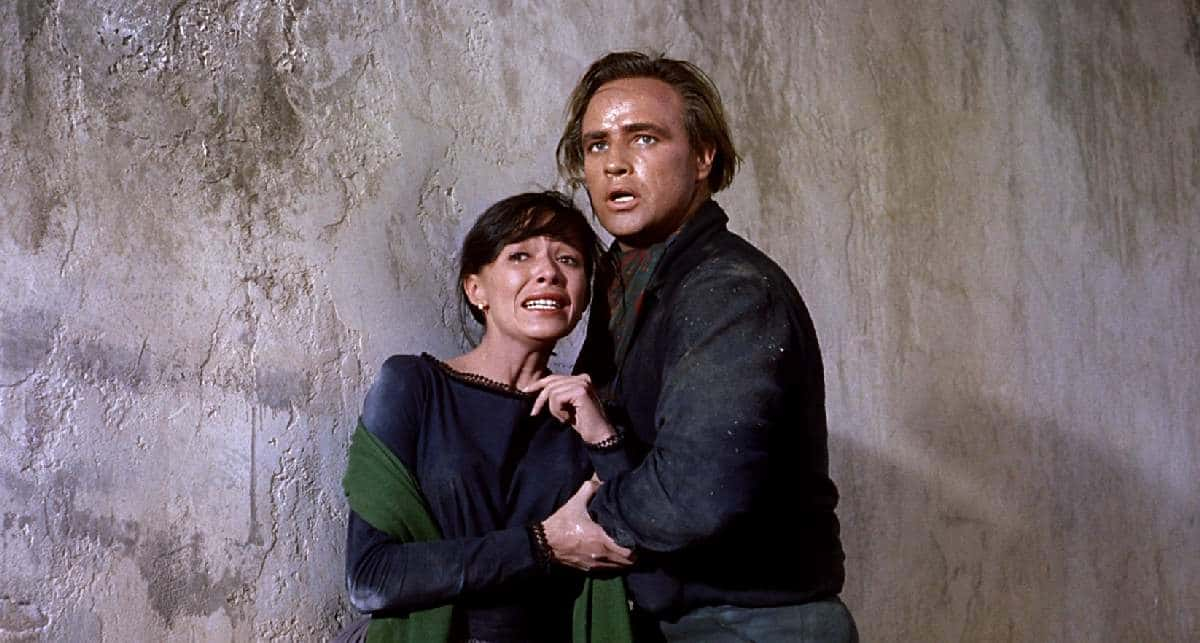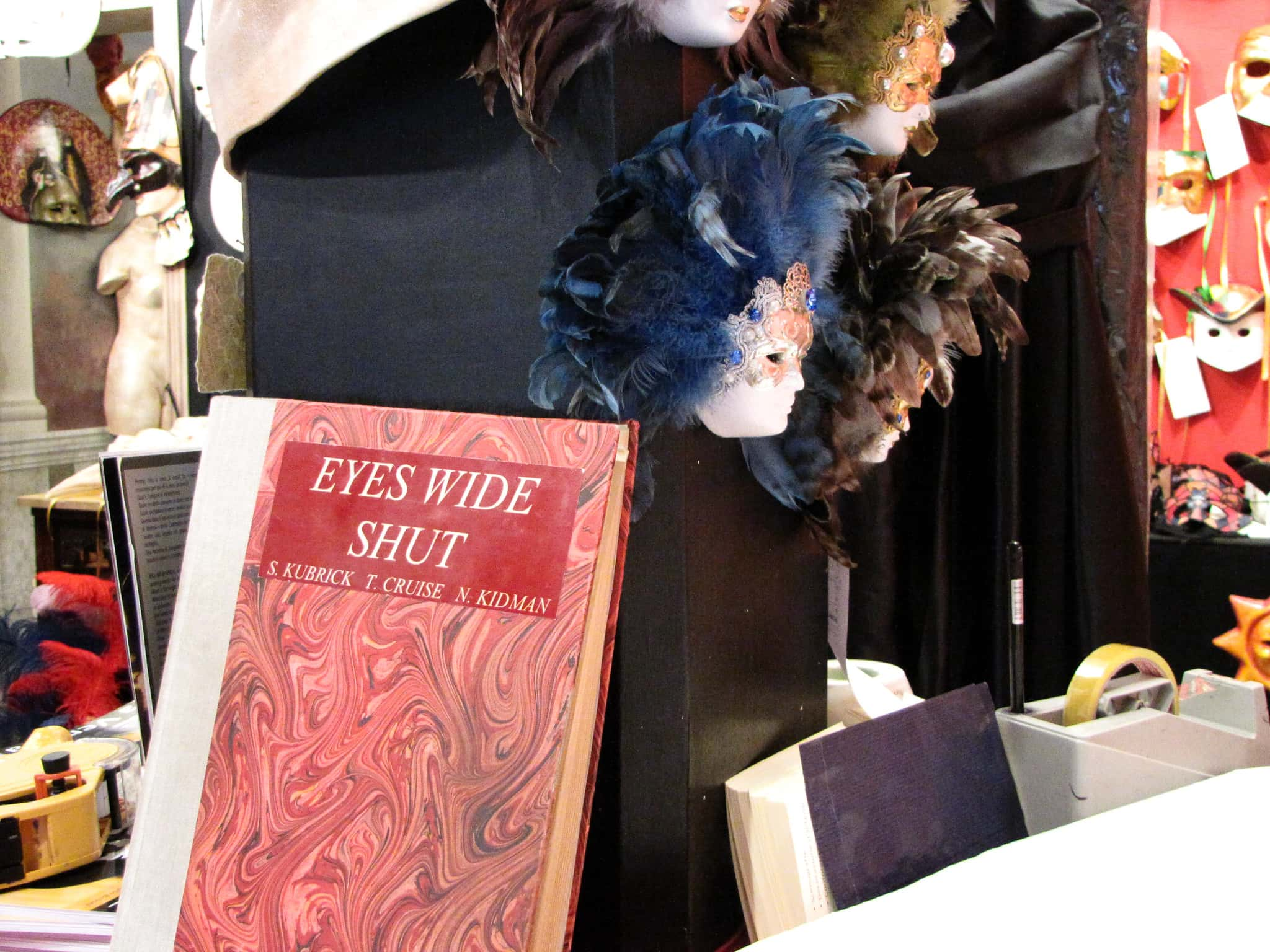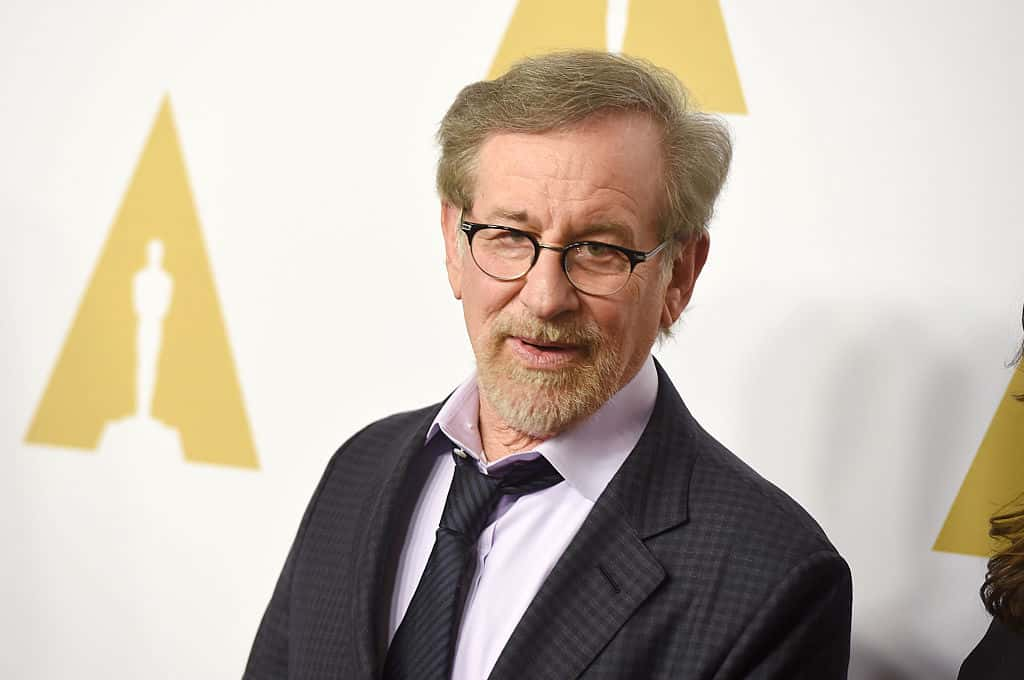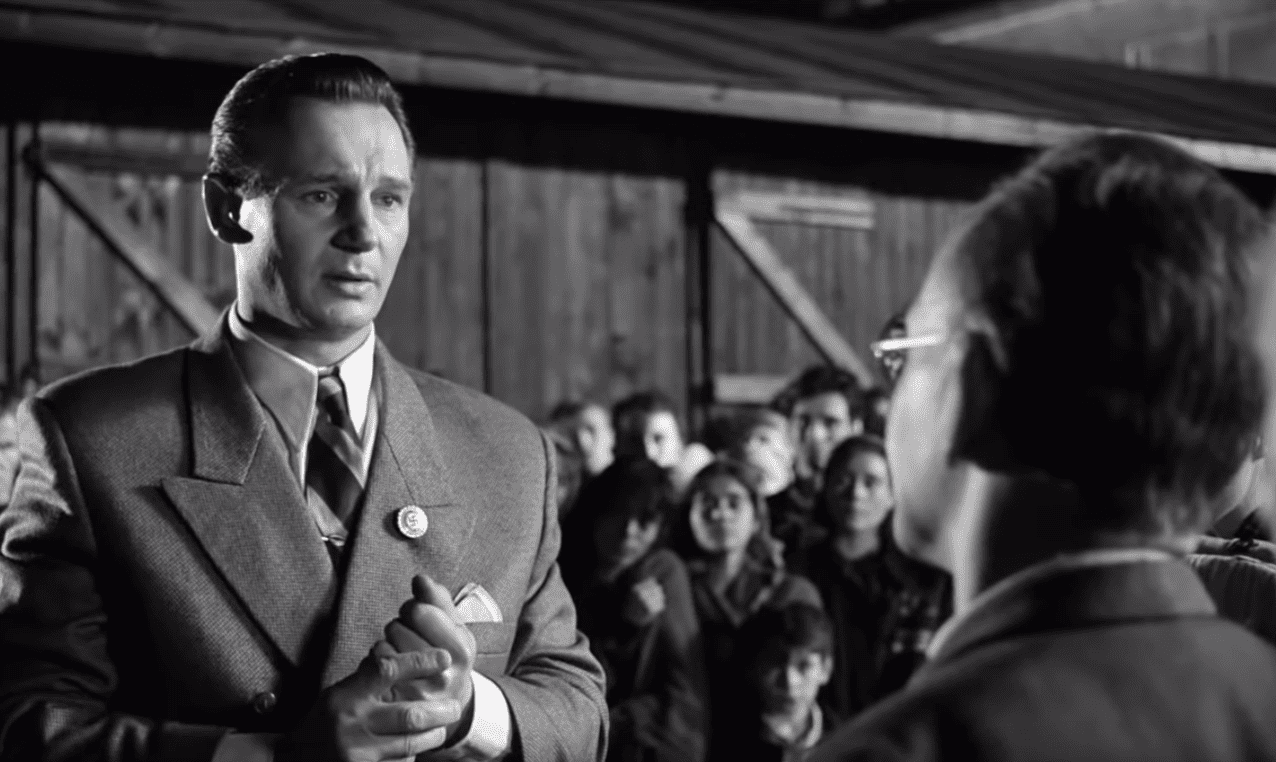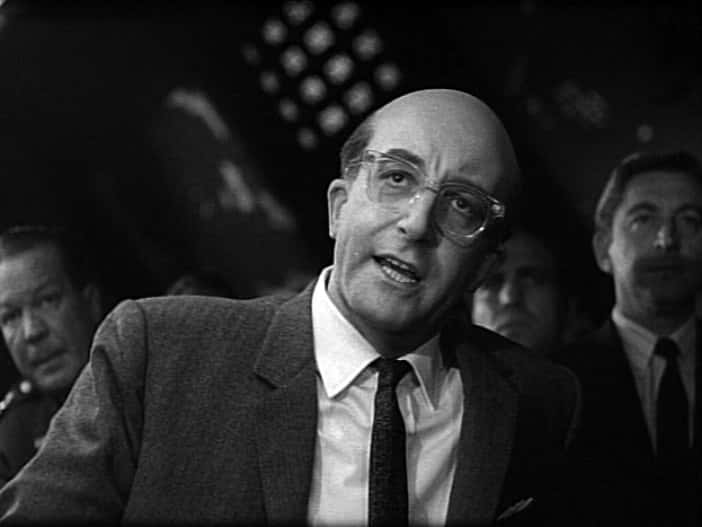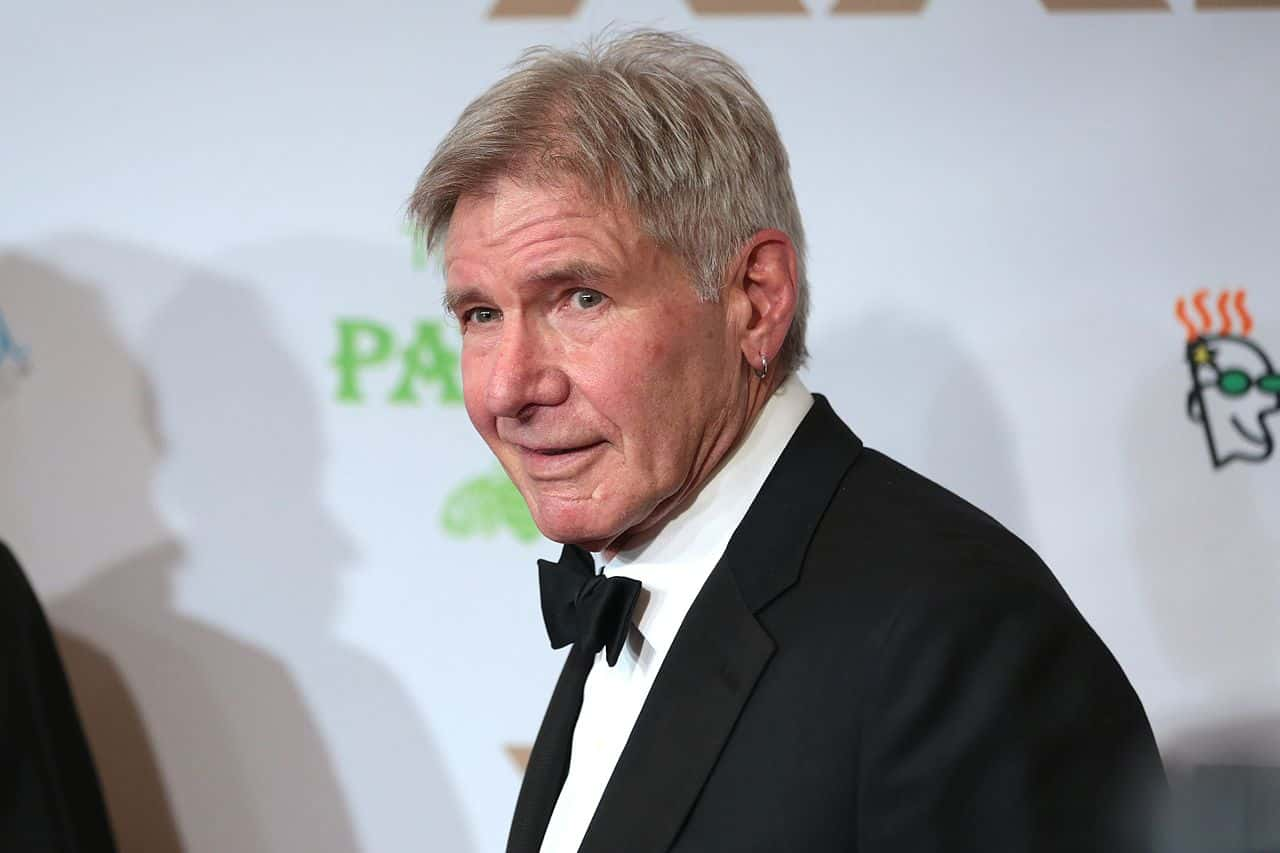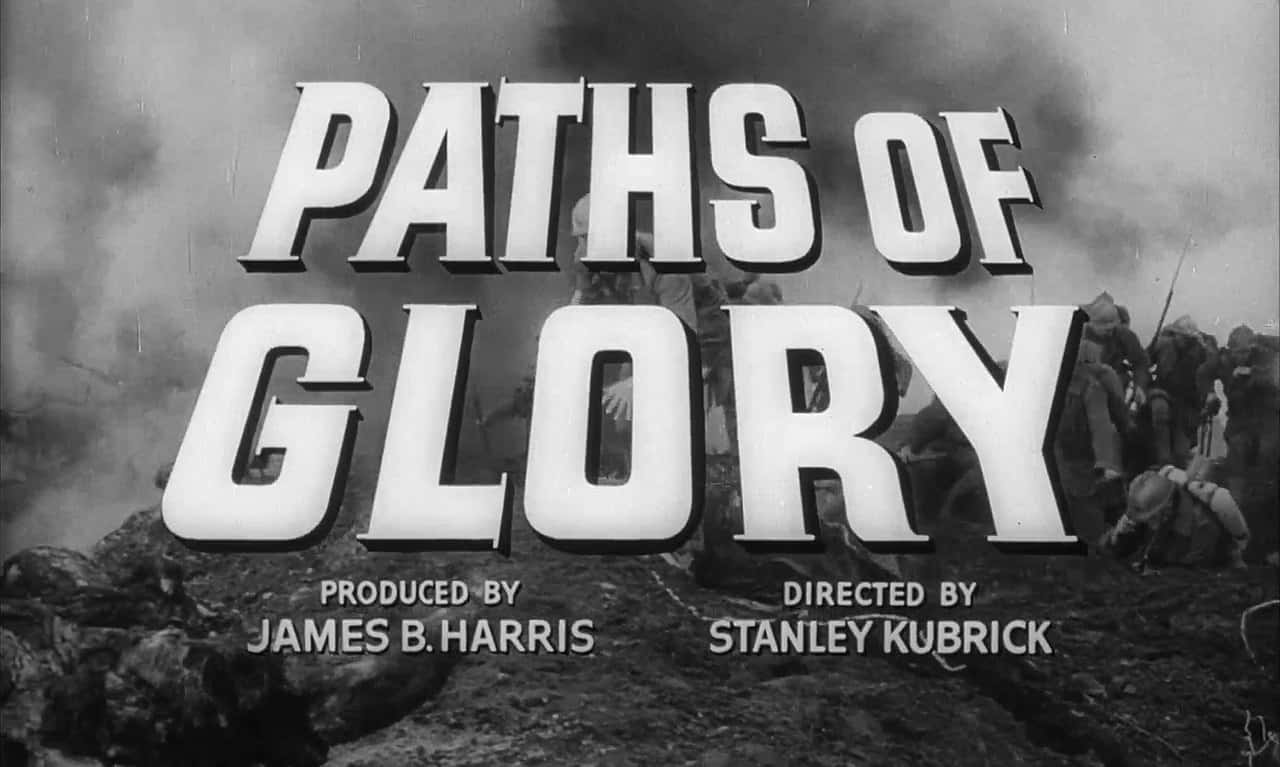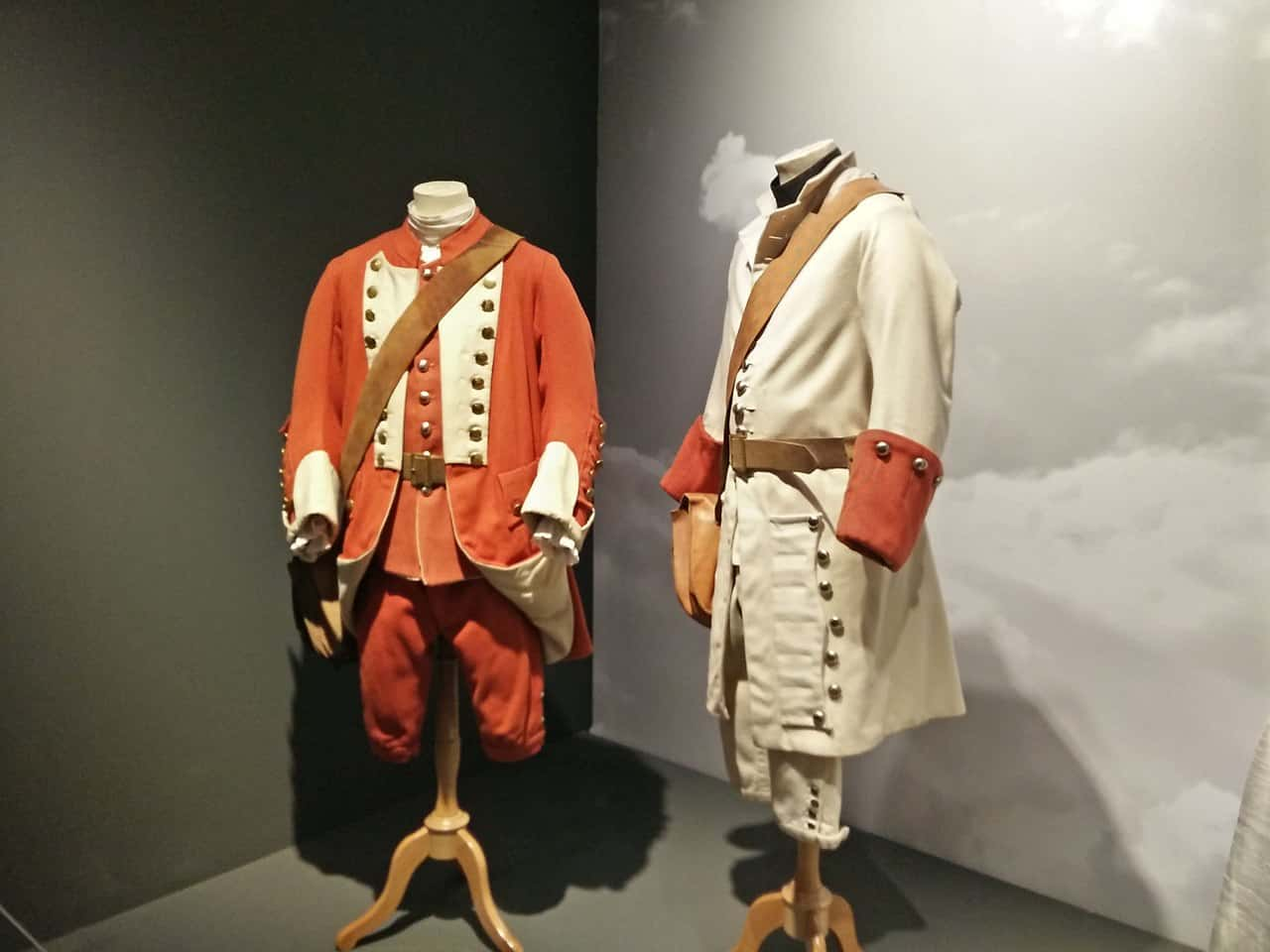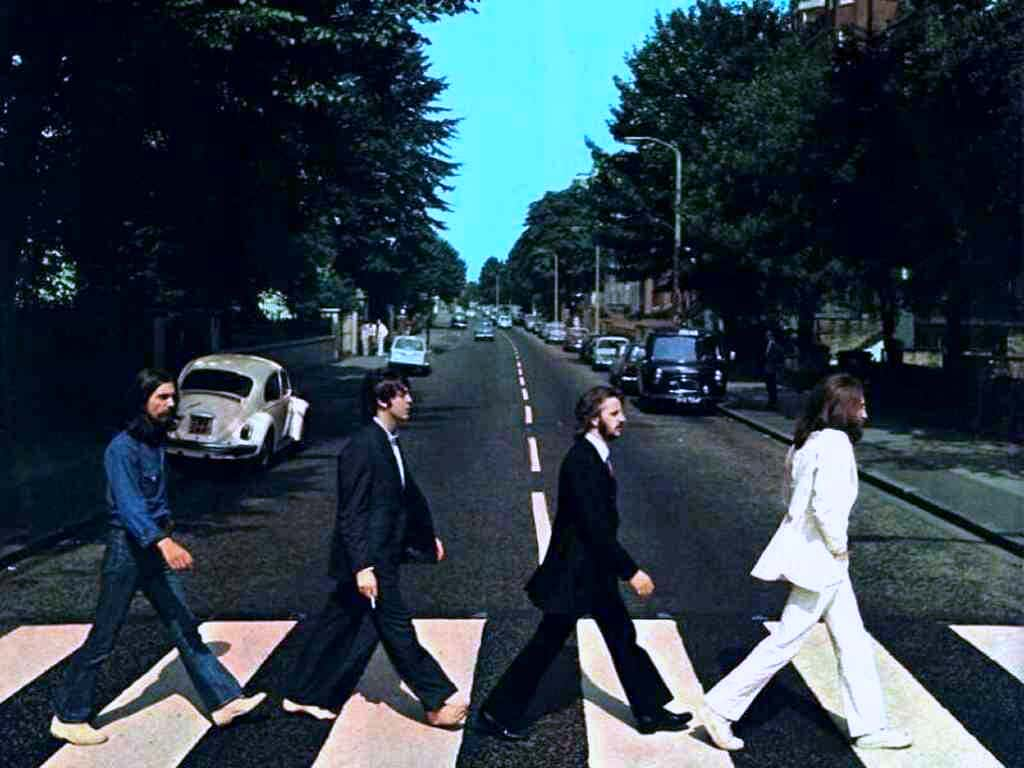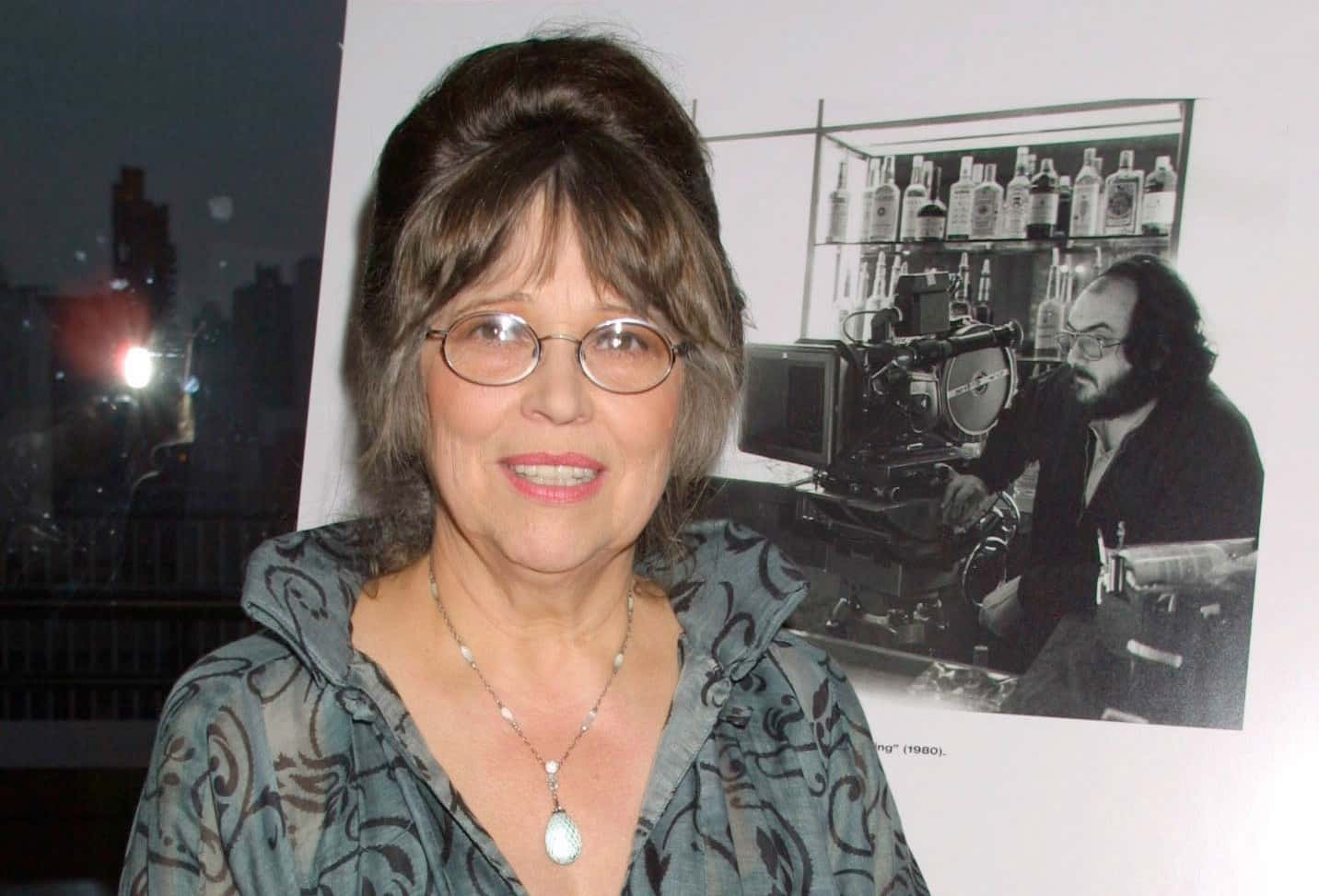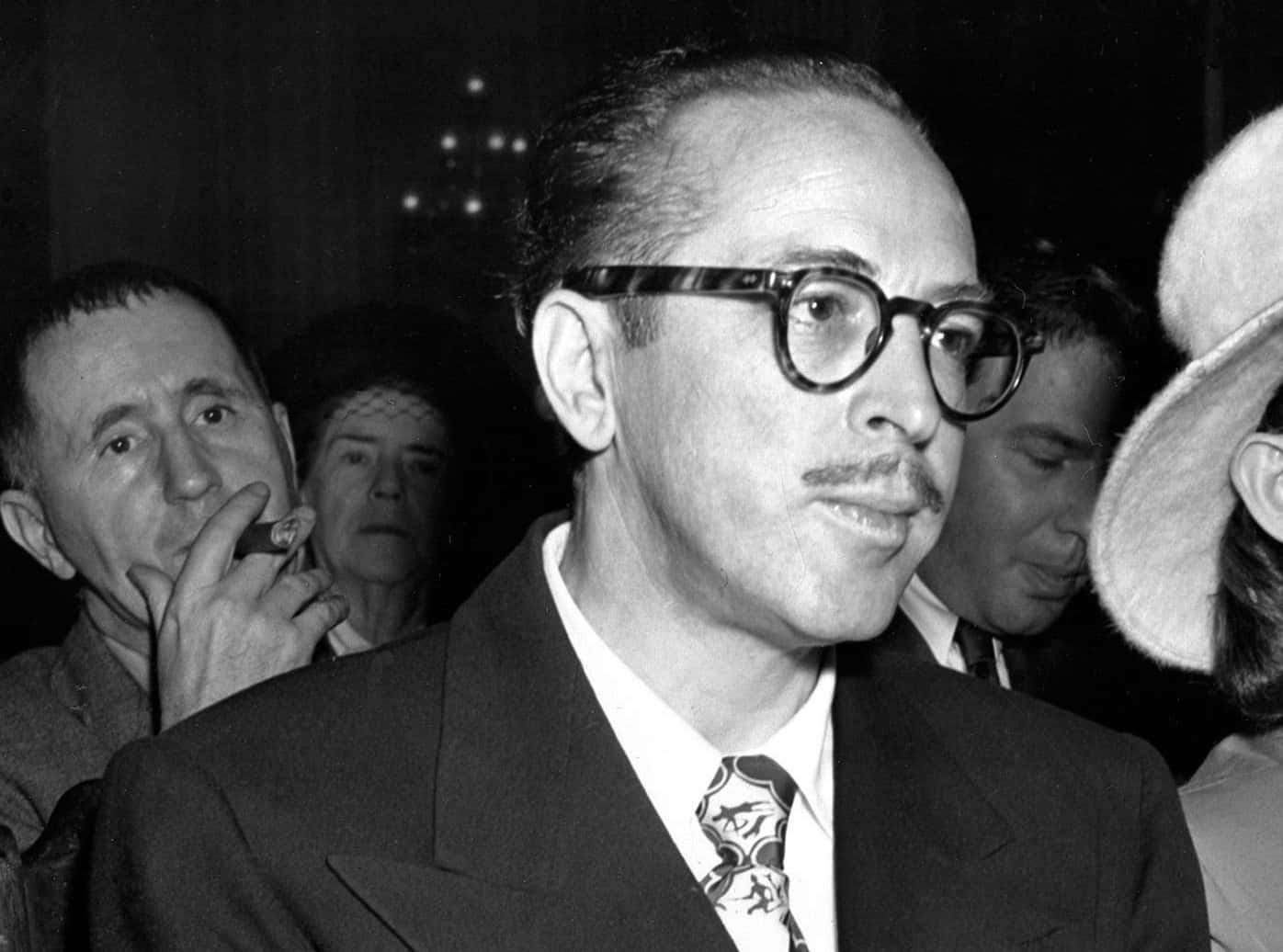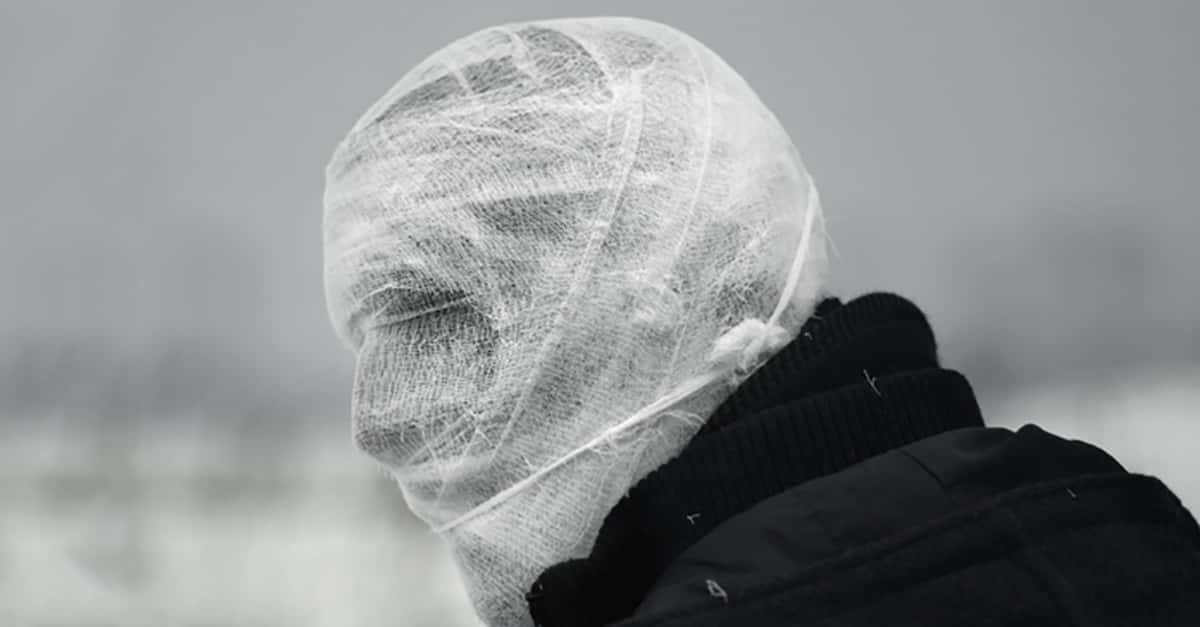There's no denying that Stanley Kubrick is one of the most acclaimed directors in the history of film. He is studied in film school, his movies are hailed as classics, and his eccentric character inspired a thousand anecdotes while he made movies at his own pace. Get ready for a weird ride, people.
1. Just One?
With all his critical praise, you would think that Academy Awards would have showered Oscars on Stanley Kubrick, just like they do with Steven Spielberg or Oliver Stone. However, despite multiple nominations throughout his career, Kubrick himself only ever received a single Academy Award. It wasn’t even for directing: it was for the special visual effects of 2001: A Space Odyssey.
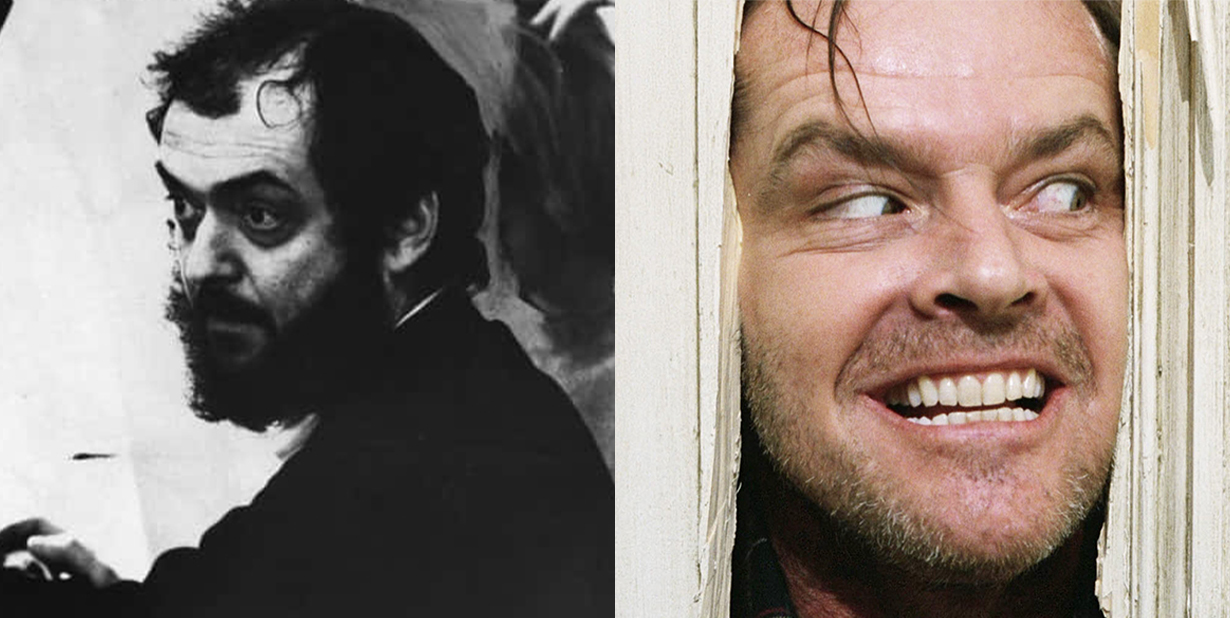
2. Let’s Take It Easy
Oddly enough, despite having the reputation of a control freak on a film set, a number of Kubrick’s collaborators (such as Michael Herr and Jack Nicholson) reported that he was very open to their ideas, and actively encouraged them to speak their minds.
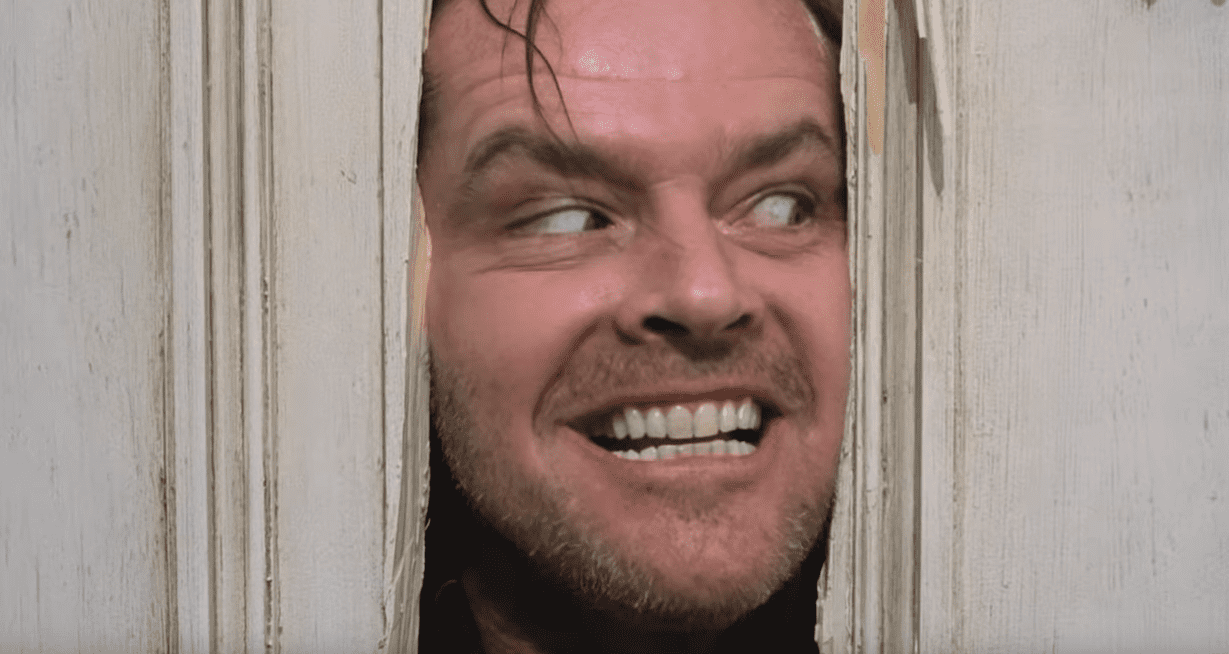 The Shining (1980), Warner Bros.
The Shining (1980), Warner Bros.
3. Was He Napping for a Decade?
For such a legendary filmmaker, Kubrick only completed and released 13 feature films in his life. The surprising part was that it took Kubrick 46 years to make those films!
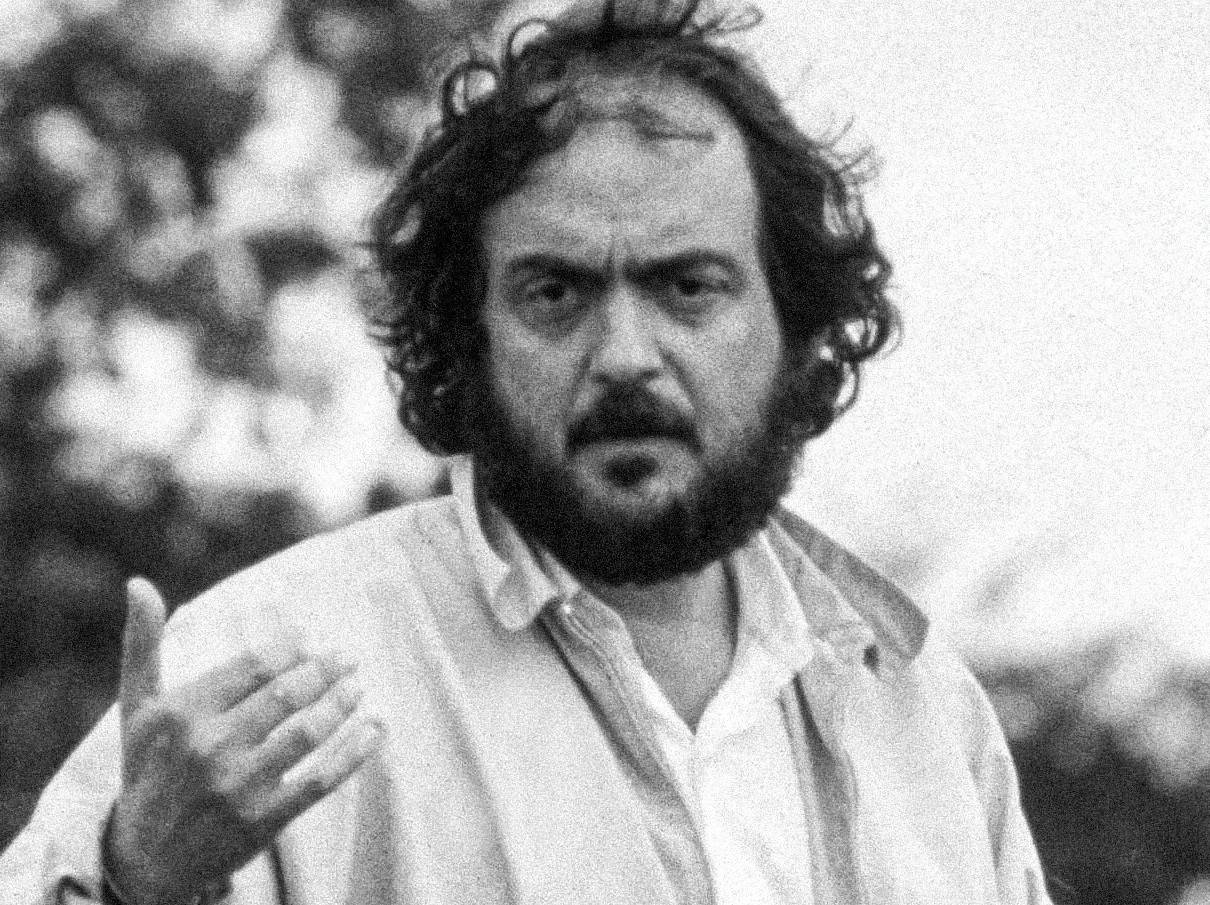 Warner Bros., Wikimedia Commons
Warner Bros., Wikimedia Commons
4. Say Cheese!
Long before Kubrick ever became a film director, he was known as a very talented photographer. He provided photographs to several sources, primarily Look magazine. This knowledge of cameras became very useful to Kubrick later on when he switched to motion pictures.
5. His Favorite Nephew
Kubrick made his first movie, Fear and Desire, in 1953. The film follows a group of army men who are caught behind enemy lines. Like all first-time directors, Kubrick turned to his family first. His uncle put up $9,000 to help him make the film on the condition that Kubrick credit his uncle as executive producer.
 Fear and Desire (1953), Kubrick Family
Fear and Desire (1953), Kubrick Family
6. A Little Help Here?
Sadly, even with this financial boost from his family, Kubrick’s film went wildly over-budget. Kubrick had initially planned to make the movie a silent picture to save costs, and his original intention was proved right when he was stuck with a bill of $53,000 in the extra costs that came with music, sound, and effects. The only way he managed to pay for it was when producer Richard de Rochemont covered the costs on the condition that Kubrick help him with a five-part television production on Abraham Lincoln.
7. How About Charades Next Time?
When they were working on the film A Clockwork Orange, Kubrick very much got along with his lead actor Malcolm MacDowell. According to MacDowell himself, he and Kubrick would play games to ease tension in between the voiceover work for the film, and it was usually ping-pong, which MacDowell allegedly always won (even as Kubrick thrashed him during chess games).
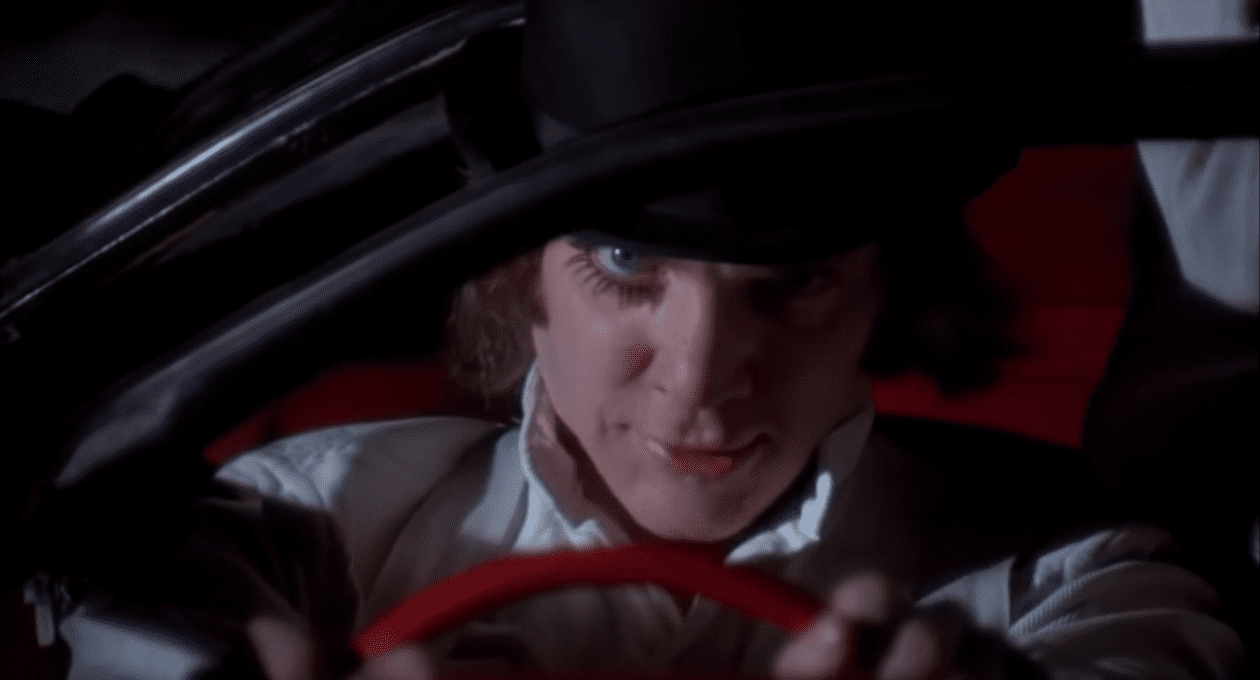 A Clockwork Orange, Warner Bros.
A Clockwork Orange, Warner Bros.
8. Sore Loser Much?
After the two weeks' worth of voiceover work for A Clockwork Orange was finished, MacDowell was told by his agent six months later that he had only been paid for one week. When MacDowell informed Kubrick about the inconsistency, Kubrick allegedly checked his records and told MacDowell that he paid him for one week because the other week had been ping-pong games.
9. What a Hack Film!
The Shining has been hailed as one of the greatest horror movies ever made, and much of the praise is aimed at Kubrick’s direction of the picture. However, when it was first released, the critics were mostly dismissive of the film. In fact, it was nominated for a couple of Razzie Awards.

Sign up to our newsletter.
History’s most fascinating stories and darkest secrets, delivered to your inbox daily. Making distraction rewarding since 2017.
10. Maybe Ancient Greek Too, Just in Case
In both The Shining and Eyes Wide Shut, important plot points come when characters read something that has been printed on paper. For these scenes, Kubrick filmed the scene with multiple languages on the paper to accommodate his international audiences.
 Eyes Wide Shut (1999), Warner Bros.
Eyes Wide Shut (1999), Warner Bros.
11. It’s for a Movie
As you can imagine, Kubrick’s second film, Killer’s Kiss, was independently financed. In fact, $40,000 of the budget came from a pharmacist named Morris Bousse. At least that explains all the scenes where characters run to buy some extra cough syrup and allergy medicine.
12. No Oscar Love
Of all the great films that Kubrick ever made, it’s almost bizarre that only one actor has ever won an Oscar for their performance in a Stanley Kubrick film. That man was Peter Ustinov for his performance in Spartacus. Aside from that, the only other actor to even get a nomination was Peter Sellers for Dr. Strangelove.
13. One Small Step for Kubrick
If you thought 2001: A Space Odyssey is the only connection that Kubrick has with the space program, think again. The period piece Barry Lyndon was mostly lit organically, or else with candlelight. To achieve this look, Kubrick and his crew used a type of camera that had originally been developed by NASA to photograph satellites. This allowed Kubrick to capture the scenes perfectly despite the diminished lighting.
14. Well Excuse Me!
Kubrick’s sultry, tense film Eyes Wide Shut wasn’t originally meant to be as serious and dark as it turned out. Kubrick wanted to make a film about relations as far back as the 1960s. Kubrick envisioned his film as a intercourse comedy featuring Woody Allen when he considered it in the 1970s, and then featuring Steve Martin when he was considering it in the 1980s. We can only imagine what a Woody Allen monologue would have looked like as he stared up the camera with murderous eyes. Actually, never mind, we don’t want to imagine that.
15. Just Try Me
When he was filming The K. in the mid 1950s, Kubrick was still considered to be very young and inexperienced. This attitude was shared by his experienced cinematographer, Lucien Ballard. Ballard was used to directors letting him make his own decisions to make a movie look as good as possible. At the start of the production, however, Kubrick meticulously set up a specific kind of camera and dolly track for the first shot. Later, he noticed that Ballard had changed Kubrick’s setup. When Ballard tried to brush off Kubrick’s concerns, Kubrick told Ballard to follow his instructions or else leave the set and never come back. Ballard blinked first.
16. I Wanna Thank My Director…
Ballard wasn’t the only cinematographer who Kubrick would antagonize on a film set. While filming Spartacus, Russell Metty complained that Kubrick wasn’t letting him have any creative control in the process. He even wanted to have his name taken off the film, since Kubrick was doing his job anyway. However, his name stayed on, and the film won an Academy Award for Best Cinematography, leading to what must have been one of the most awkward Oscar acceptance speeches in movie history.
17. Just Get Ennio Morricone!
The final duel in Barry Lyndon took a whopping 42 working days to edit, as Kubrick scoured every piece of music from the 17th and 18th centuries that he could find in order to get the perfect song for the scene.
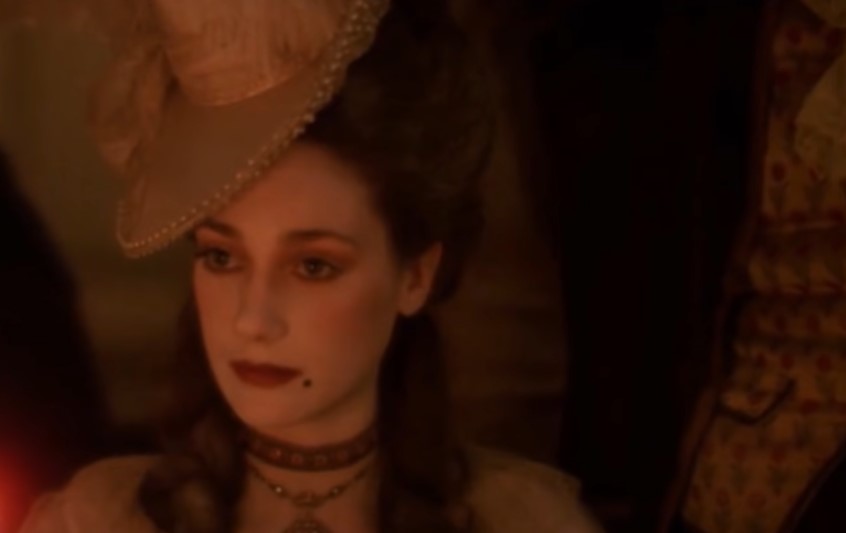 Hawk Films, Barry Lyndon (1975)
Hawk Films, Barry Lyndon (1975)
18. RIP Daffy and Donald
For a scene in Paths of Glory where army men are having a meal of roast duck, Kubrick required 68 takes to get the scene the way he wanted. This meant getting a new roast duck for almost every single take.
19. He Almost Did What??!
According to John Baxter, Kubrick was very nearly involved in making a pornographic movie based on Terry Southern’s satirical book Blue Movie. It was about a director who makes Hollywood’s first big-budget adult content movie. Both Baxter and Southern give different reasons for why Kubrick didn’t go through with it. Baxter stated that Kubrick lacked the patience for the project, while Southern called Kubrick too uptight about intercourse and uncovering. No word on if Eyes Wide Shut was a response to Southern’s accusations.
20. Cold as Ice
While filming Paths of Glory, Kubrick was already showing signs of wanting multiple takes to get the exact kind of scene that he wanted. According to the film’s lead, Kirk Douglas, Kubrick demanded 17 takes from veteran actor Adolphe Menjou. Menjou decided that the 17th take was fine and called for lunch. Kubrick requested another take, and Menjou lost his temper completely: In front of the cast and crew, he railed and swore at Kubrick while the director quietly sat and did nothing. When Menjou finished, Kubrick simply said “All right, let’s try the scene once more". Menjou went back to work without another word.
21. They're Not Ready for This Film
The controversy of A Clockwork Orange cannot be underestimated. It faced a huge backlash as well as accusations that it was inspiring copycat offences. At this time, Kubrick lived in England, and this film shone attention on him in the worst way, so he asked Warner Bros. to withdraw the film's circulation in England.
22. Think of the Child
Surprisingly, Kubrick was considerate when it came to Danny Lloyd, the young actor who played Danny in The Shining. During the entire shoot, Kubrick managed to conceal from Lloyd the entire genre of the film he was in. Lloyd was apparently convinced he was filming just another drama about a family in a hotel rather than one of the most chilling horror films of the 1980s.
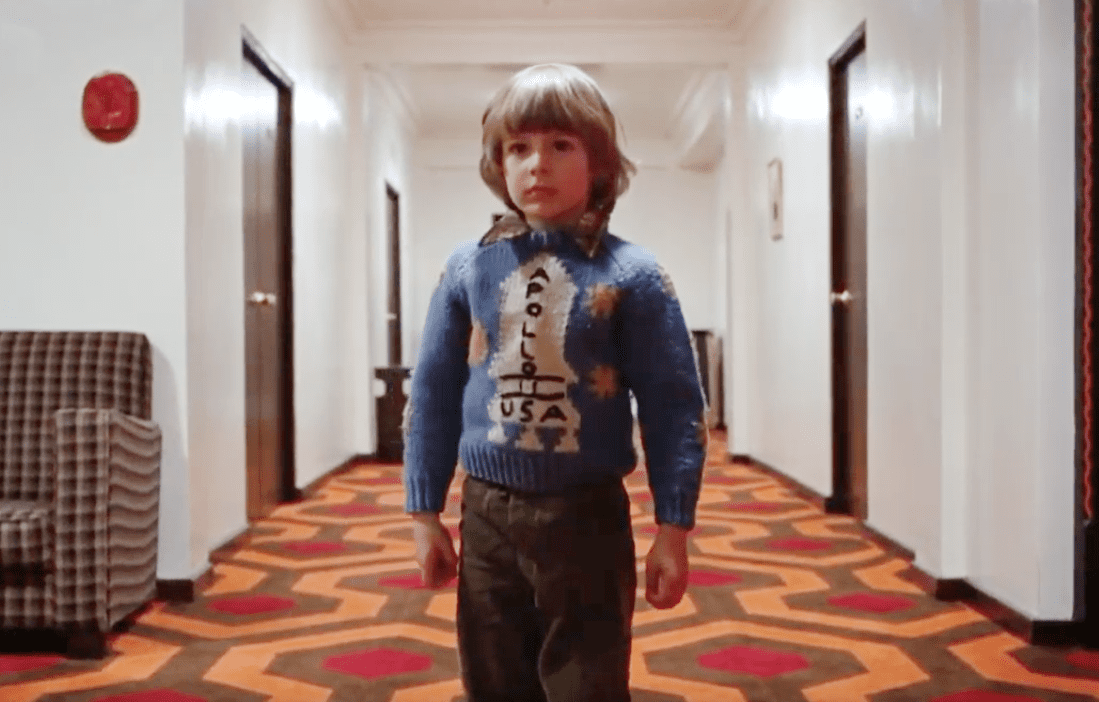 The Shining (1980), Warner Bros.
The Shining (1980), Warner Bros.
23. Try Again in the 2010s
One of the big projects that Kubrick had always wanted to make in his life was a movie about Napoleon Bonaparte. He began work on the project after the success of 2001: A Space Odyssey. He absorbed all the knowledge about Napoleon that he could, and he even arranged for the Romanian army to contribute tens of thousands of men and cavalry to play extras in the battle scenes he wanted to film. However, box office failures of Waterloo and W. and Peace in the late 1960s meant that the studio was unwilling to back the project. In 2016, HBO announced that they would produce a miniseries with Steven Spielberg based on the script that Kubrick wrote for his Napoleon project.
24. This Town Ain’t Big Enough for the Two of Us Contenders
In the early 1960s, famed Method actor Marlon Brando, then one of the biggest stars in Hollywood, decided he wanted to make a Western. One-Eyed Jacks was also going to be the first Western that Stanley Kubrick ever directed. However, despite signing a contract to make the film, Kubrick would later be fired by Brando during pre-production.
25. It’s a Love/Hate Thing
There remains a slight controversy over what Stanley Kubrick thought of his final film, Eyes Wide Shut, since he passed before he could see the final project on the big screen. According to R. Lee Ermey, who worked with Kubrick on Full Metal Jacket, Kubrick was adamant that the film was awful. However, Kubrick’s daughter and friends have come out and claimed the opposite, saying that Kubrick loved the film and was thrilled at how it was turning out.
26. For a Friend
Late in his life, Kubrick became fascinated with making the film A.I. Artificial Intelligence. He spent years tinkering with the project in pre-production, hoping to make a children’s film for once in his life. As he worked, though, he was convinced that his friend Steven Spielberg was more adept at this kind of film, so he tried to get Spielberg to direct the movie. Spielberg, however, convinced Kubrick to remain as the director, but Kubrick passed before he could move forward with the project. Spielberg joined the production at the request of Kubrick’s widow, and took on the project despite being offered such films as the first Harry Potter film at the time.
27. Good Luck, Steven
In the early 1990s, Kubrick began seriously preparing a film about the Holocaust, which would have been titled German Papers, based on the book W time Lies by Louis Begley. Kubrick went so far as to find himself a director of photography and two actors to play the lead roles. However, the subject matter depressed Kubrick the more he immersed himself into it, and he ultimately walked away from the project under the belief that an accurate Holocaust film was beyond cinema. Shortly after and even during this, Spielberg made his own film Schindler’s List in seeming defiance of Kubrick’s philosophy.
28. Hefty Paycheck
For his role as three different characters in Dr. Strangelove, renowned British actor Peter Sellers was paid $1 million, which came out to 55% of the film’s budget. In a rare quote by the director, Kubrick joked that he “got three for the price of six”!
29. Did He Shoot His Foot to be Sure?
As funny as Kubrick’s joke is, there might have been some bitterness behind it, as he and the studio wanted Sellers to play not three, but four roles in the movie. Sellers was daunted by the requirements of playing four different people in the same movie, but he was able to get out of it when he sprained his ankle during production.
30. No Hard Feelings?
One of the most shocking scenes in A Clockwork Orange involves Alex and his friends breaking into a writer’s home, only for Alex to start belting out “Singin’ in the Rain” while beating the writer and his wife. The thing is, though, the song wasn’t in the original script; Malcolm MacDowell thought it up, and Kubrick liked it so much that they bought the rights to the song just so they could keep it in the film. Years later, MacDowell met Gene Kelly, the original singer of the song, and allegedly Kelly stormed off without a word due to his disgust at how his song was used.
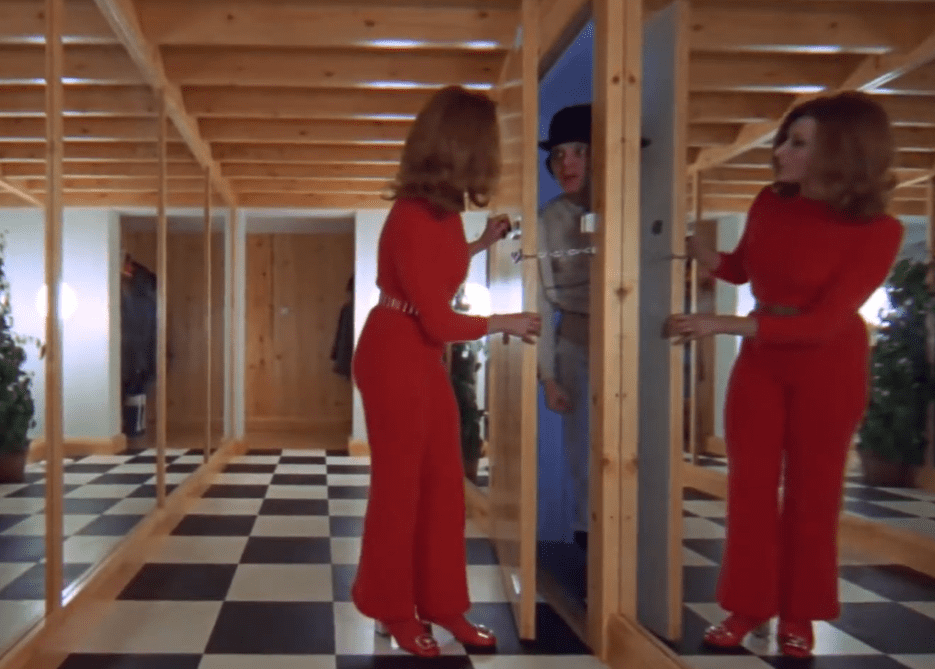 A Clockwork Orange, Warner Bros.
A Clockwork Orange, Warner Bros.
31. Give Him a Whip and a Hat, Too!
Kubrick had a very specific idea about who should play the lead role in his film Eyes Wide Shut. He described the character as “a Harrison Ford-ish goy". Ignoring the fact that Ford’s mother was Jewish, Kubrick stayed committed to the idea of Ford, even naming the main character Dr. Bill Harford (get it?). No word on if Harrison Ford was ever approached for the role, though we would have loved to have been a fly on the wall for that meeting.
32. How Dare You, Sir!
Kubrick received great critical acclaim for his anti-combat film Paths of Glory, except where France was concerned. They took serious issue with being portrayed negatively in the film, and they banned the film for nearly two decades. Not only that, Spain also banned the film for its anti-combat message, but that only lasted until 1986, 11 years after Generalissimo Franco’s passing.
33. Now This is More Like it!
Ironically, the nation of France would go on to embrace Kubrick’s grand period piece, Barry Lyndon, even when it was a box office disappointment nearly everywhere else. We can only assume this was because of the scene where Barry and the British army men are defeated while attacking French army men.
34. You Turned Down The Beatles??
When the rights to J.R.R. Tolkien’s The Lord of the Rings was first sold to United Artists, Kubrick was approached by the Beatles to direct a film based on the books, starring themselves. Kubrick didn’t want to make a movie adaptation of such a popular book, denying us the chance to see John Lennon and Paul McCartney walking into Mordor while George and Ringo sat around drinking ent-draughts with a Treebeard puppet.
35. You’re the Best Actress in the Movie, Honey
The 1957 combat film Paths of Glory features only one female voice in the entire movie. A young German woman who goes unnamed sings a song for a number of army men near the end of the film. The woman was played by Christiane Harlan. She and Kubrick would later marry and remain married until Kubrick’s passing in 1999.
36. Woody Allen’s Made Three Movies Since We Started!
Kubrick was so meticulous and devoted to spending as much time as necessary to get the right shot that he is in the Guinness Book of World Records. Eyes Wide Shut still holds the record of longest continuous film shoot: It lasted 15 months. Part of that included having Tom Cruise walk through a door 97 times before he got it right.
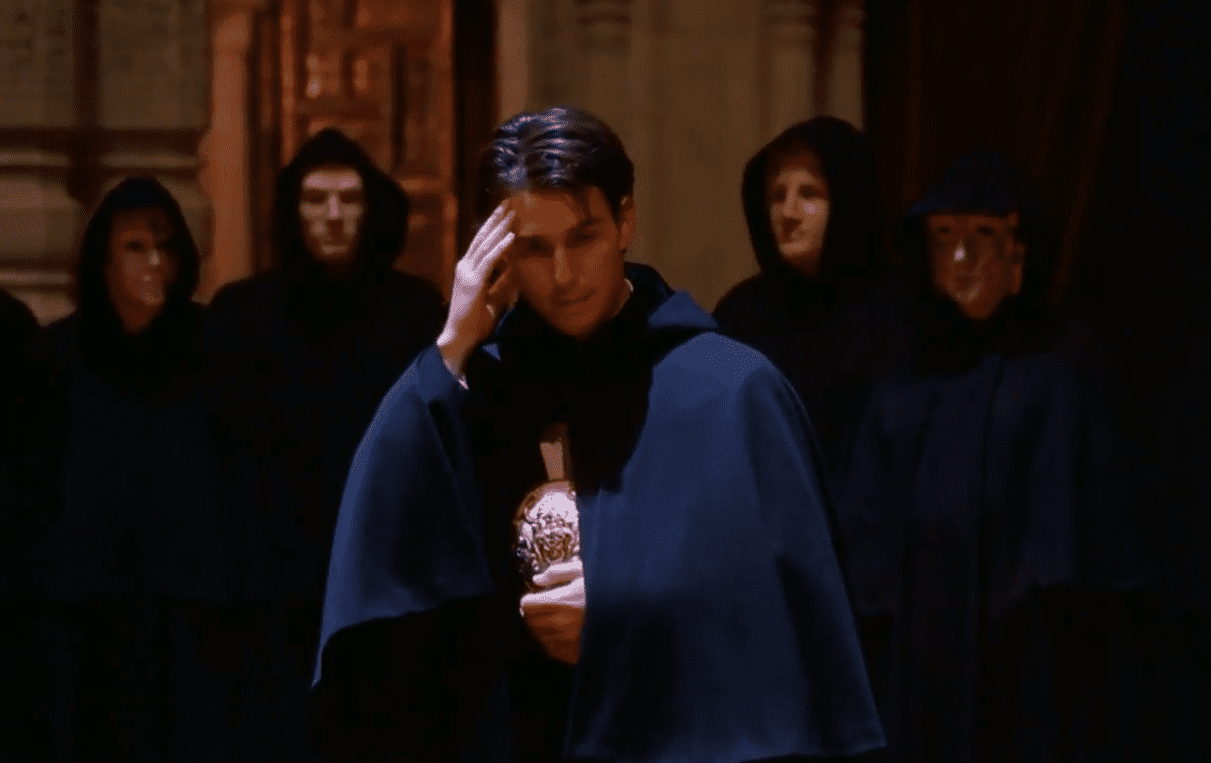 Eyes Wide Shut (1999), Warner Bros.
Eyes Wide Shut (1999), Warner Bros.
37. You Won’t Believe Your Eyes!
In A Clockwork Orange, the main character is made to watch a series of films while his eyelids are forced to stay open the entire time. When filming this scene, Malcolm MacDowell’s eyes really were forced to stay open for long periods of time, and MacDowell ended up scratching the cornea of his left eye during the shoot.
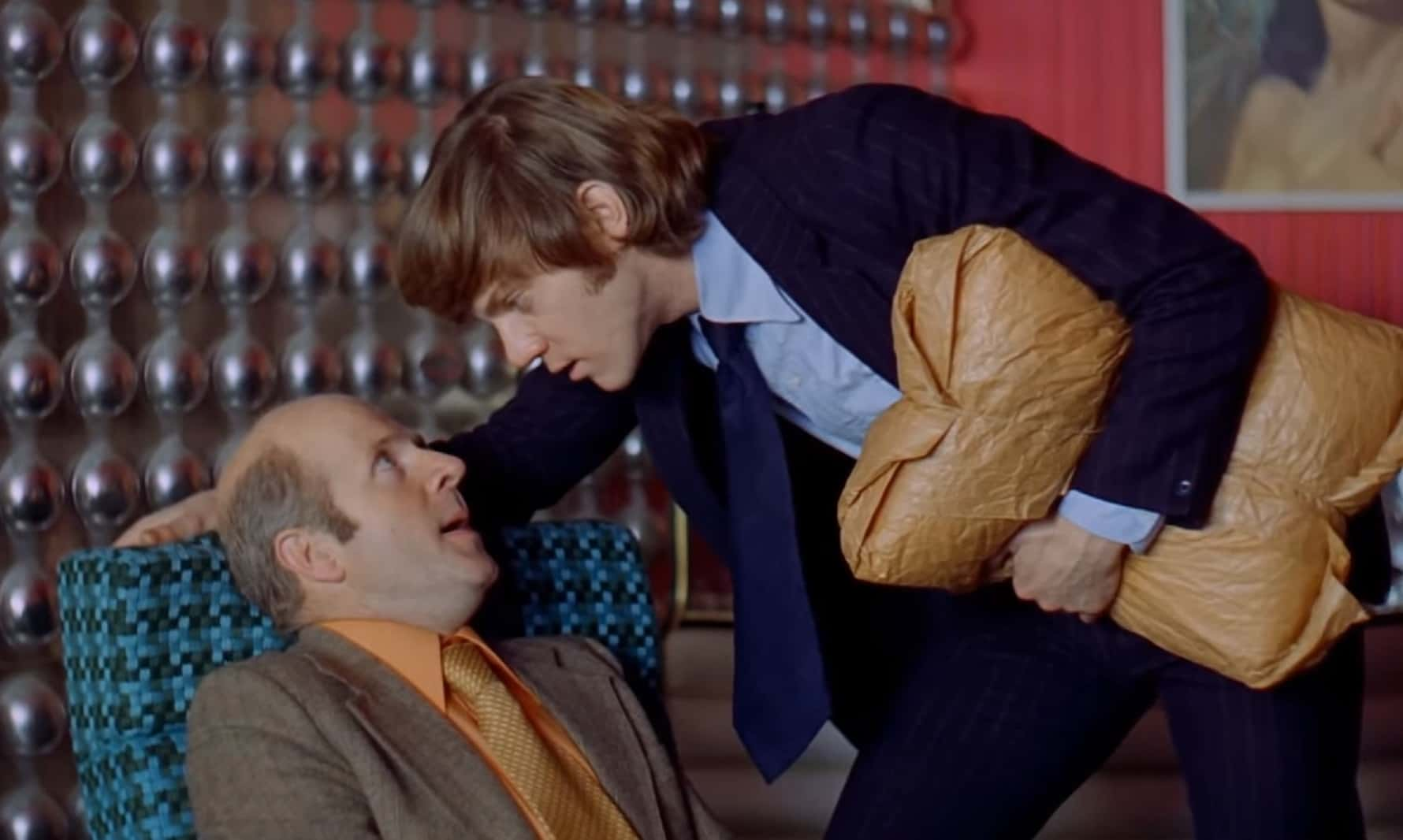 A Clockwork Orange(1971), Warner Bros. Pictures
A Clockwork Orange(1971), Warner Bros. Pictures
38. Greedy Idiot
During the 1950s, many people who worked in Hollywood were blacklisted from work because of their political associations. This was during the Red Scare, and the investigations into secret Communists among the American populace effectively destroyed thousands of careers. One such career was that of Dalton Trumbo, who was approached one day by Kirk Douglas to write the screenplay for an upcoming film called Spartacus. Directed by Kubrick, the film was a huge Hollywood picture, but the studio didn’t want to give Trumbo his writing credit due to the blacklist. When Kubrick offered to take the credit himself, Douglas was so disgusted that he made sure that Trumbo got the credit, be damned what anyone had to say about it. This action was credited with ending the blacklist in Hollywood.
39. Don't Worry, We Won't Use That Take
As hilarious as George C. Scott is in Dr. Strangelove, he himself had a lot of issues with playing the role at such a silly pitch. Kubrick famously urged everyone to give a silly performance as a warm-up take, only to film more seriously later. Kubrick neglected to tell Scott that the practice takes ended up as the real takes. Scott swore never to work with Kubrick again when he found out.
40. Way to Keep Me in the Loop, Buddy
While working on 2001: A Space Odyssey, Kubrick initially hired Alex North to compose the music, just as he’d done for Kubrick on Spartacus. Although North wrote 40 minutes’ worth of original music to score the movie, Kubrick decided not to use any of it. North didn’t find out until he went to see the movie in the cinema, a crushing experience if ever I’ve heard of one.
41. They're Not Paying Me to Be Nice
While filming The Shining, lead actress Shelley Duvall was put through the ringer by Kubrick’s filming methods. Things got so stressful for her that she began losing her hair while the production went on.
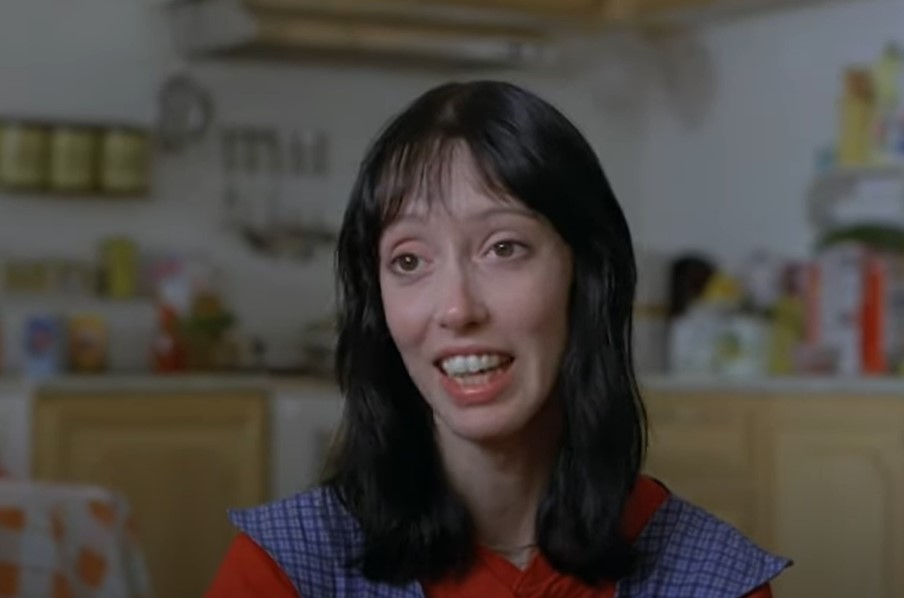 The Shining (1980), Warner Bros.
The Shining (1980), Warner Bros.
42. Suffer For Your Art!
For the sake of the picture, and to get his actress in the state he wanted her to be in, Kubrick isolated Duvall from the cast and crew. The iconic scene where her character swings a baseball bat at Jack Nicholson’s character was performed a total of 127 times. Nobody told Kubrick that the breakdown could just be performed rather than lived through.
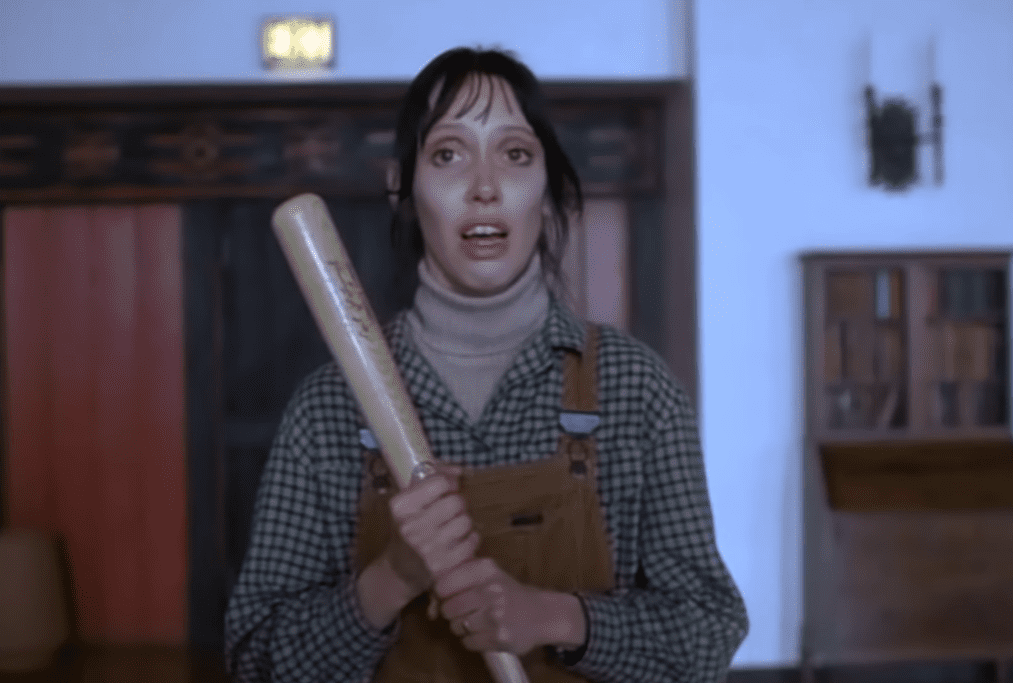 The Shining (1980), Warner Bros.
The Shining (1980), Warner Bros.
Sources: 1, 2, 3, 4, 5, 6, 7, 8, 9, 10, 11, 12, 13, 14, 15, 16, 17, 18, 19


